PROGRESS
REPORT
2022

CONTENT
Message from the President
1. Why IANPHI is unique
2. What guided our action in 2022
Partnerships
Integrated Disease Surveillance Preparedness and response to emergencies affecting health
COVID-19 response
Climate change and health
3. Tools for National Public Health Institutes
4. Strengthening National Public Health Institutes
Organizational structure
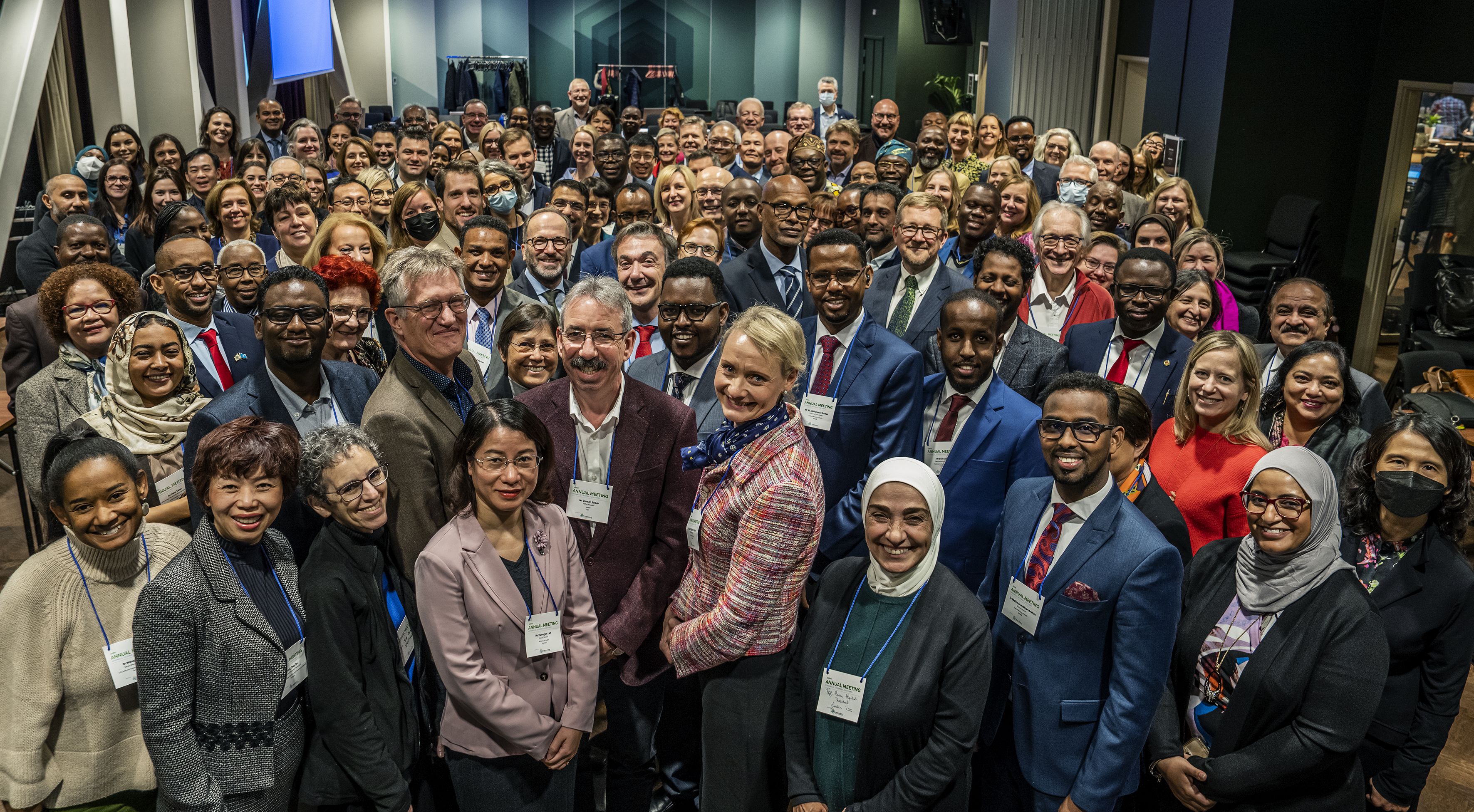
MESSAGE FROM THE PRESIDENT
Dear colleagues,
The year 2022 has been a busy, very productive year for IANPHI. We have seen our IANPHI family grow with new members, and although there is so much to do, we have a lot to be proud of too. None of it would have been possible without the support of our members and partners.
We celebrated our 15th anniversary and reached major milestones for the Association. We signed a historic agreement with the World Health Organization to support the creation and development of National Public Health Institutes (NPHIs) around the world.
We conducted groundbreaking work on Integrated Disease Surveillance (IDS) with funding from the Bill & Melinda Gates Foundation, to which many of our members contributed. We were invited by WHO to present and debate the role of NPHIs during the pandemic and in integrated surveillance on the opening day of the World Health Summit in Berlin.
We also participated in G7 technical meetings on surveillance, climate change and workforce development. These were fabulous opportunities to position IANPHI as an inseparable partner in global public health and security and to provide high-level advocacy for the essential role and work of NPHIs.
We gathered in person in Stockholm for our Annual Meeting for the first time since 2019 and issued a key statement on the role of NPHIs in supporting preparedness and responding to emergencies.
Internally, we continued to strengthen member services and launched the IANPHI Focal Point Network and the IANPHI LinkedIn Discussion Group to foster exchanges and collaborations between NPHIs.
This report highlights this work and more, and demonstrates the strength of the IANPHI network. I hope you will enjoy reading it.
With best wishes,

Professor Duncan Selbie
Professor Duncan Selbie

What makes IANPHI unique
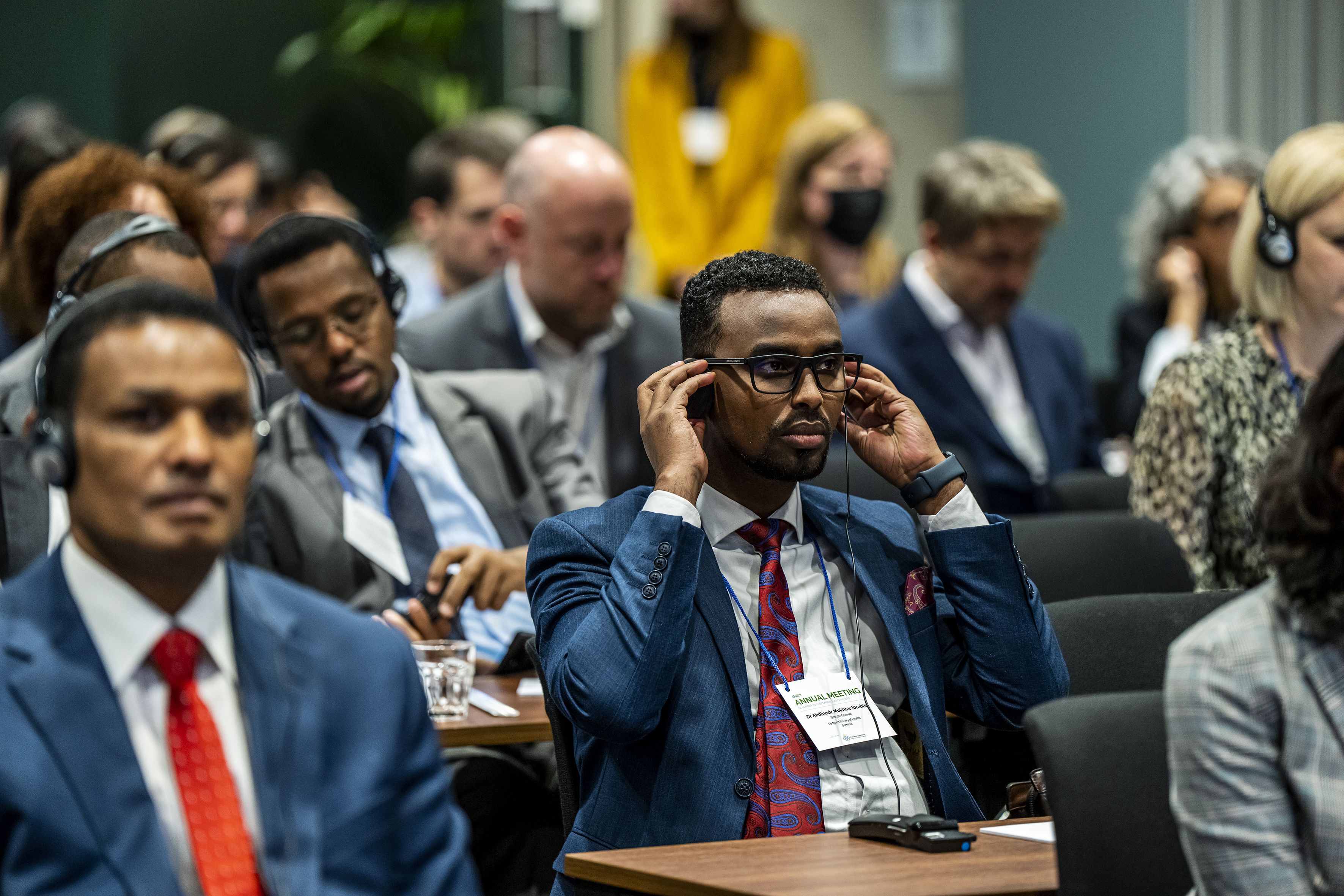
The International Association of National Public Health Institutes collectively builds public health capacity and capabilities by connecting, developing and strengthening national public health institutes worldwide.
Our network has kept growing since our creation in 2006. In 2022, five new members joined IANPHI: Botswana, Greece, Jordan, Montenegro and the Democratic Republic of Congo. Today, we represent 115 national public health institutes in 98 countries. See the full list.
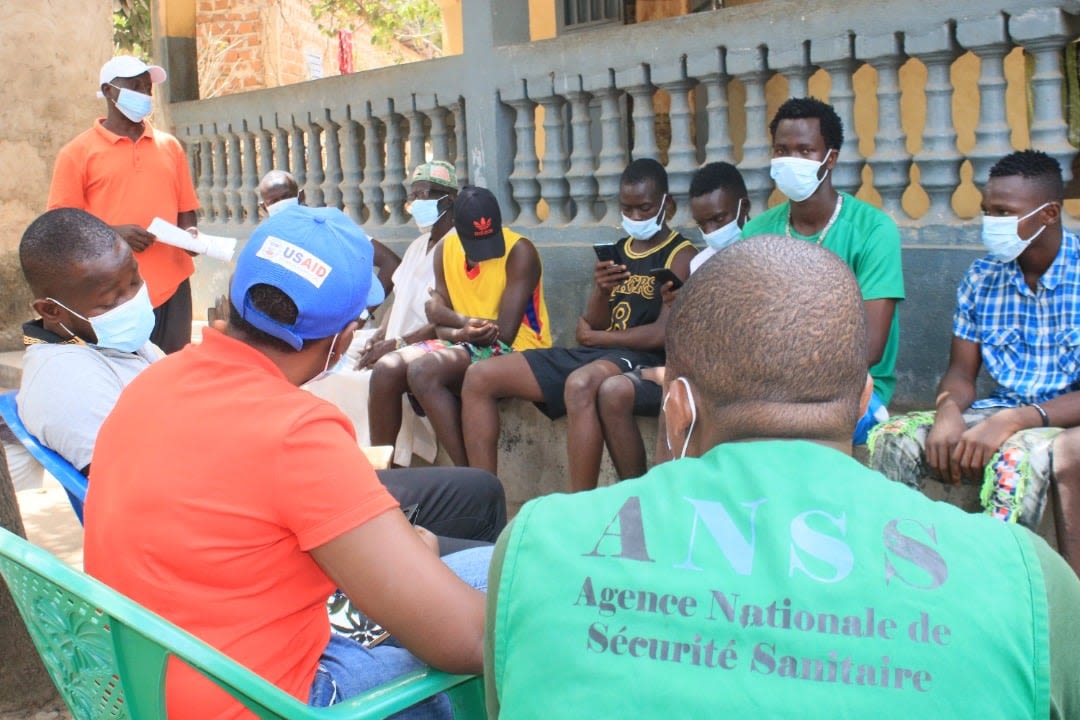
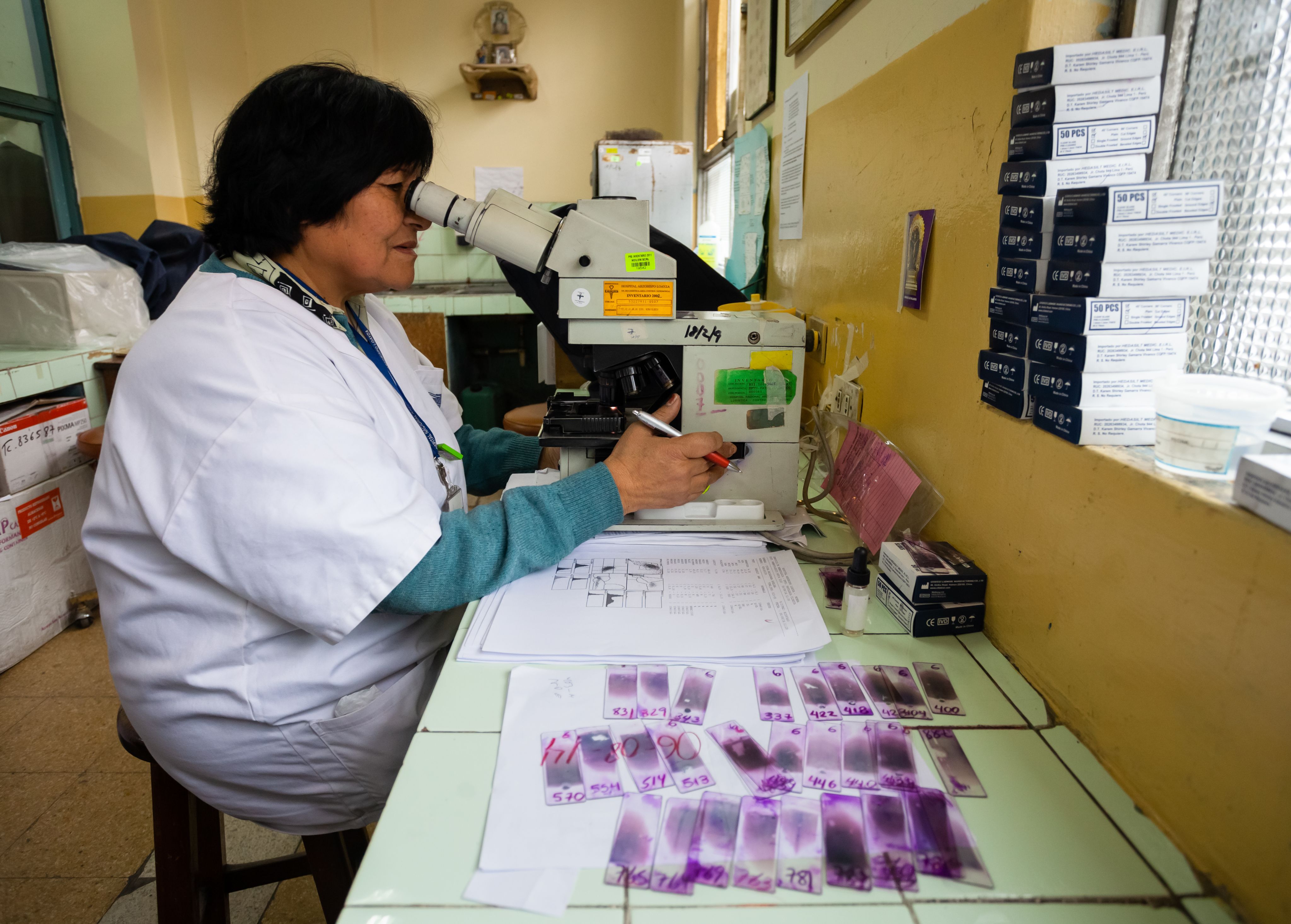
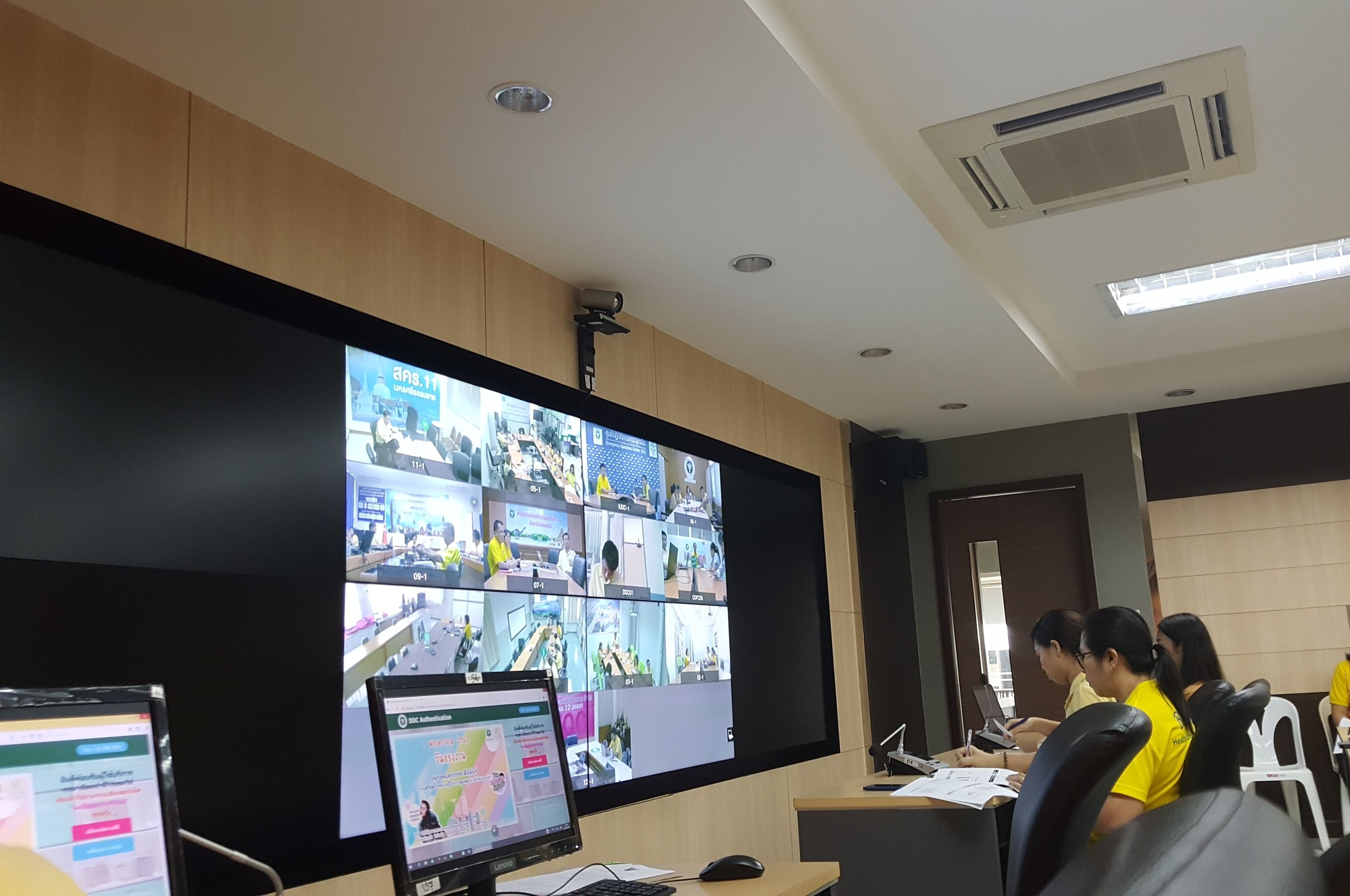



National Public Health Institutes are essential for strong public health systems
National public health institutes (NPHIs) are science-based organizations that provide national leadership and coordination for public health under the Ministry of Health or closely attached to it. They vary greatly in scope, size and resources. Their core public health functions improve their countries’ efforts to address public health challenges both within and beyond their borders. They often include:
- Evaluation and analysis of health status
- Public health surveillance, problem investigation, and control of risks and threats to public health
- Reduction of the impact of emergencies and disasters on health
- Public health research
- Human resource development and training
- Public health laboratory services
New issue brief released in 2022
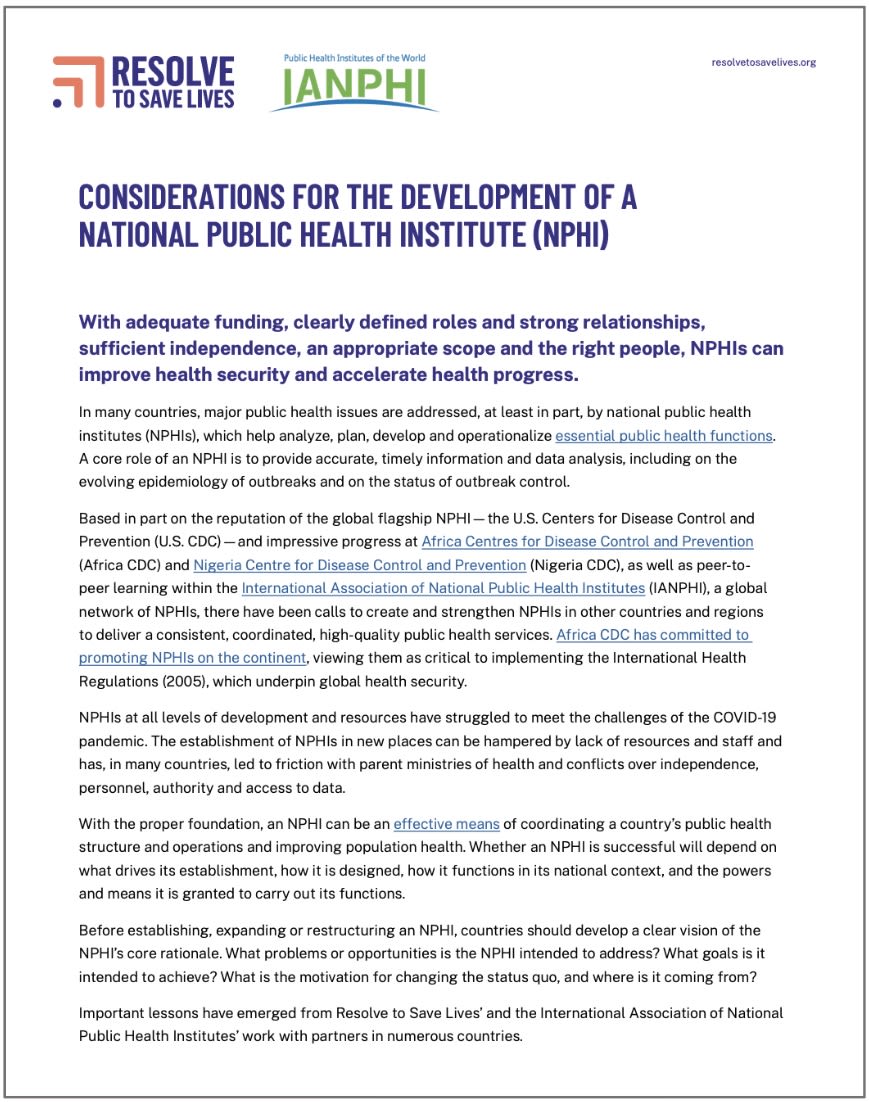
In 2022, IANPHI partnered with Resolve to Save Lives to produce a new issue brief, which outlines how with adequate funding, clearly defined roles and strong relationships, sufficient independence, an appropriate scope and the right people, NPHIs can improve health security and accelerate health progress. Read here.
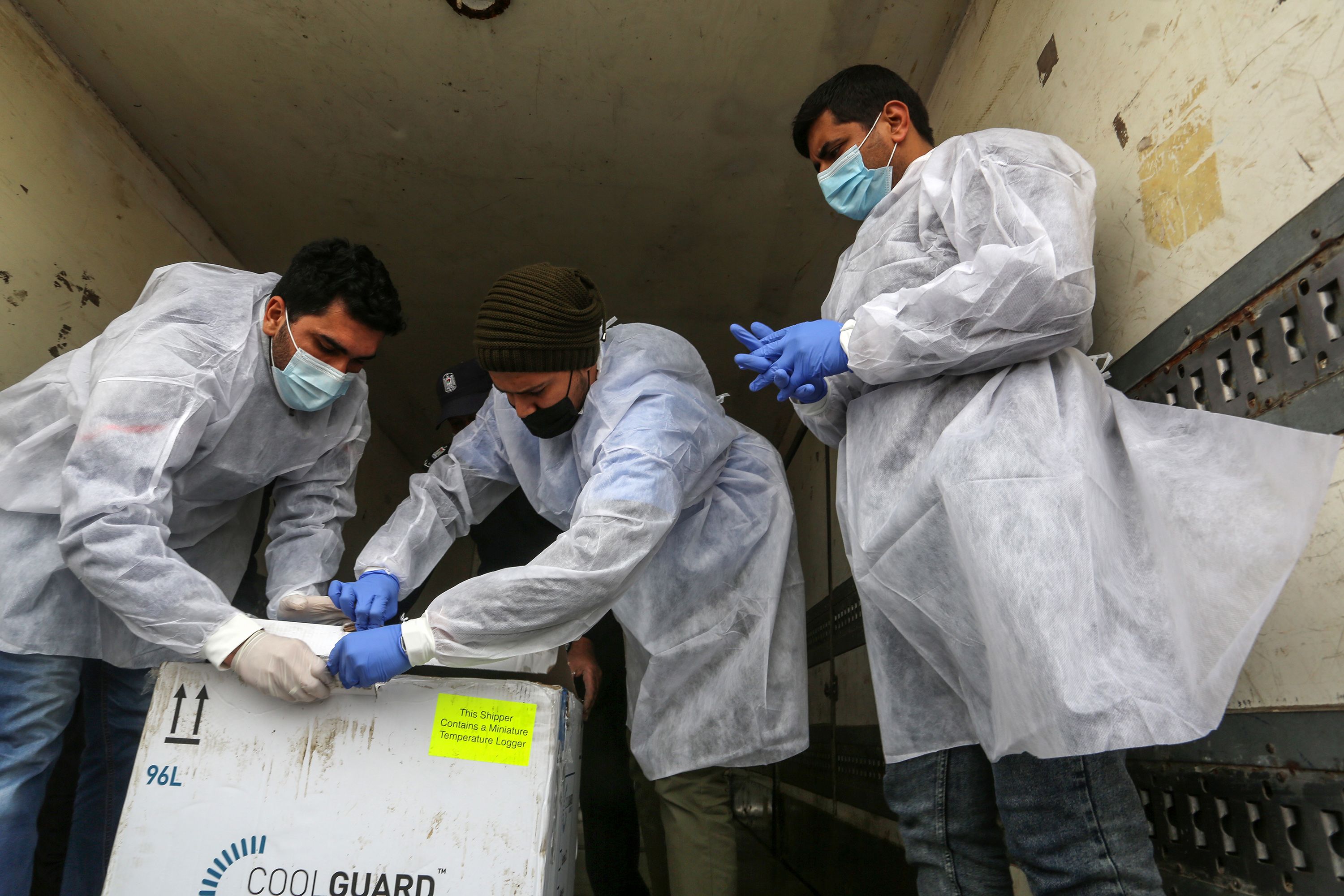
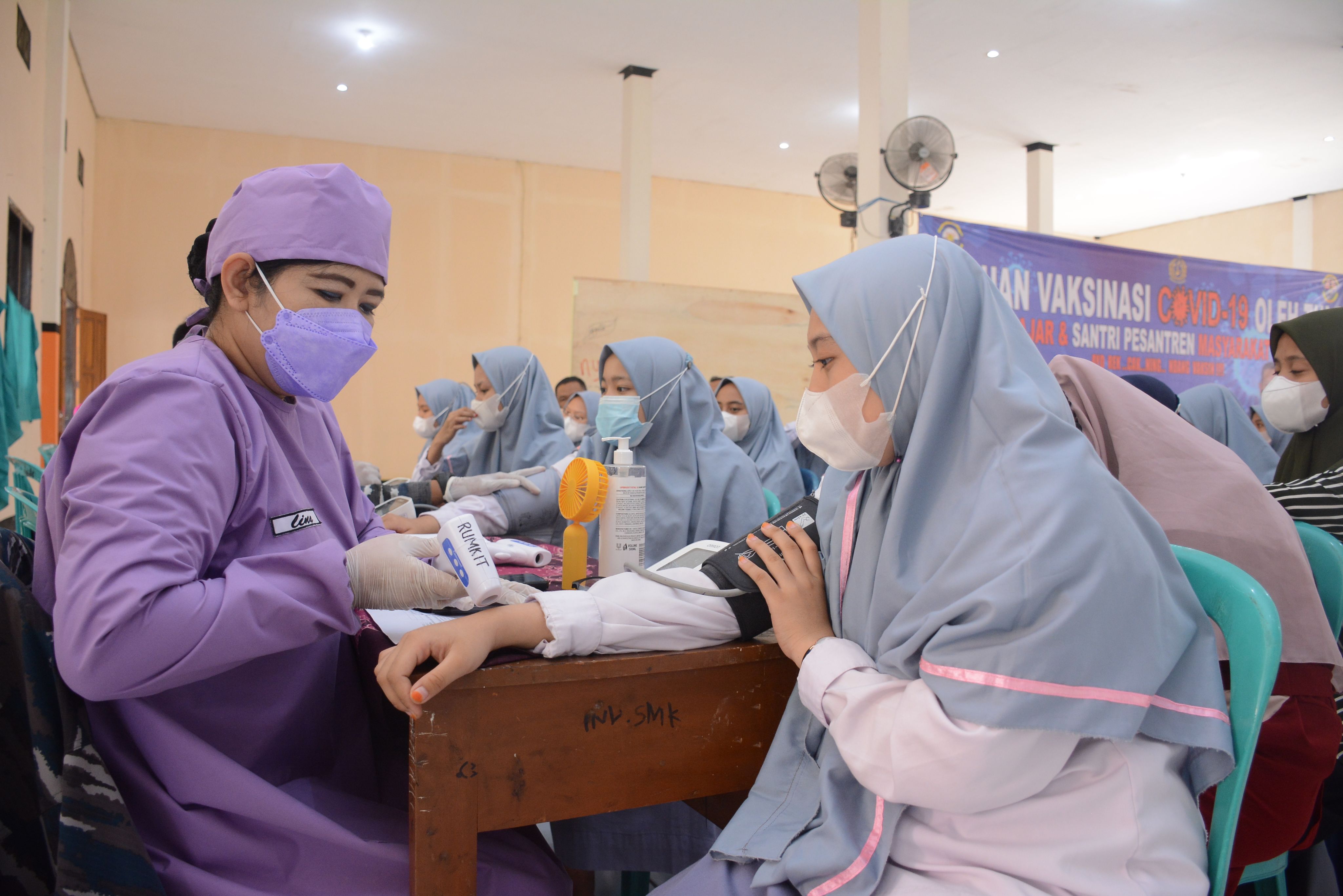
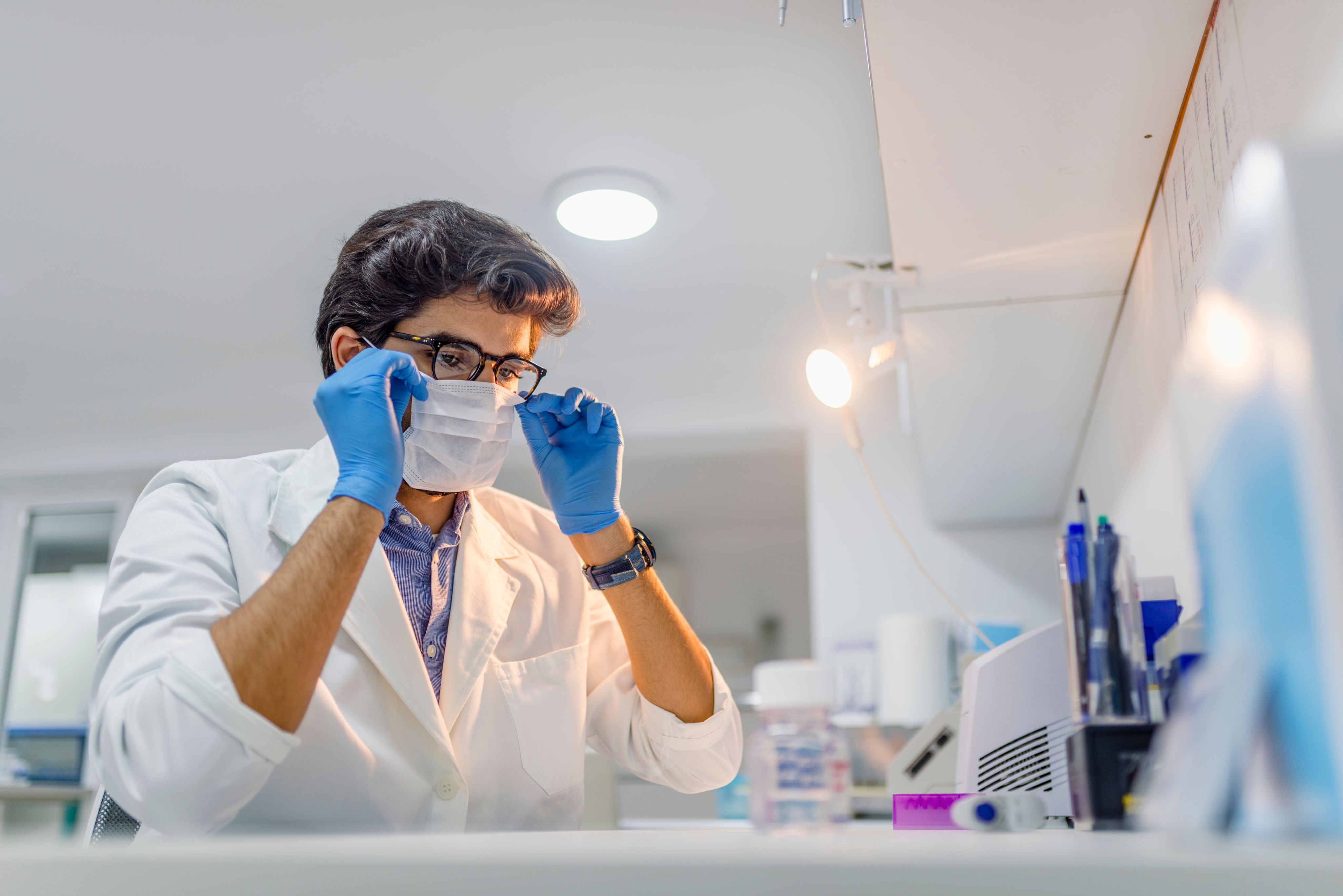



What guided our action in 2022
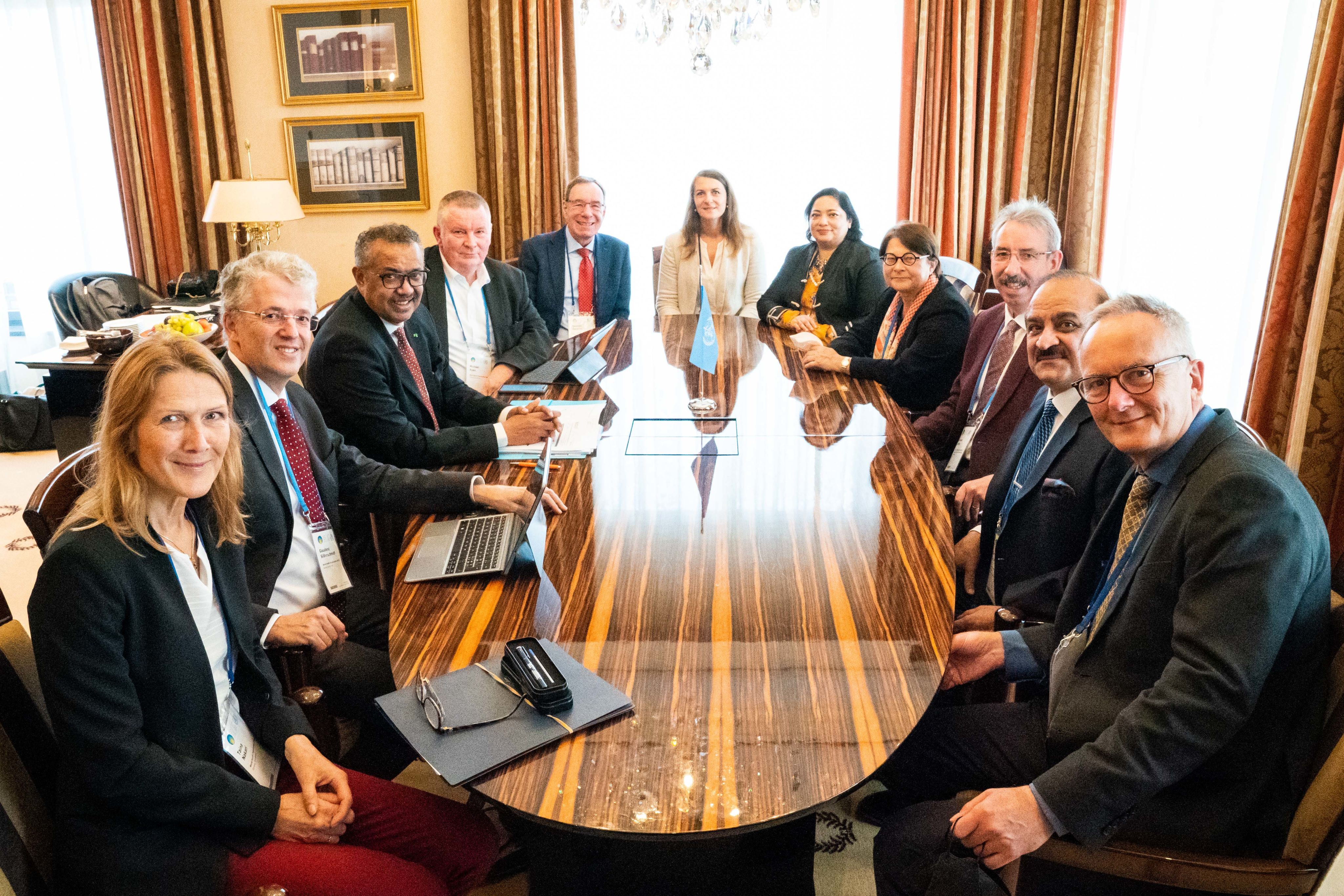
Partnerships

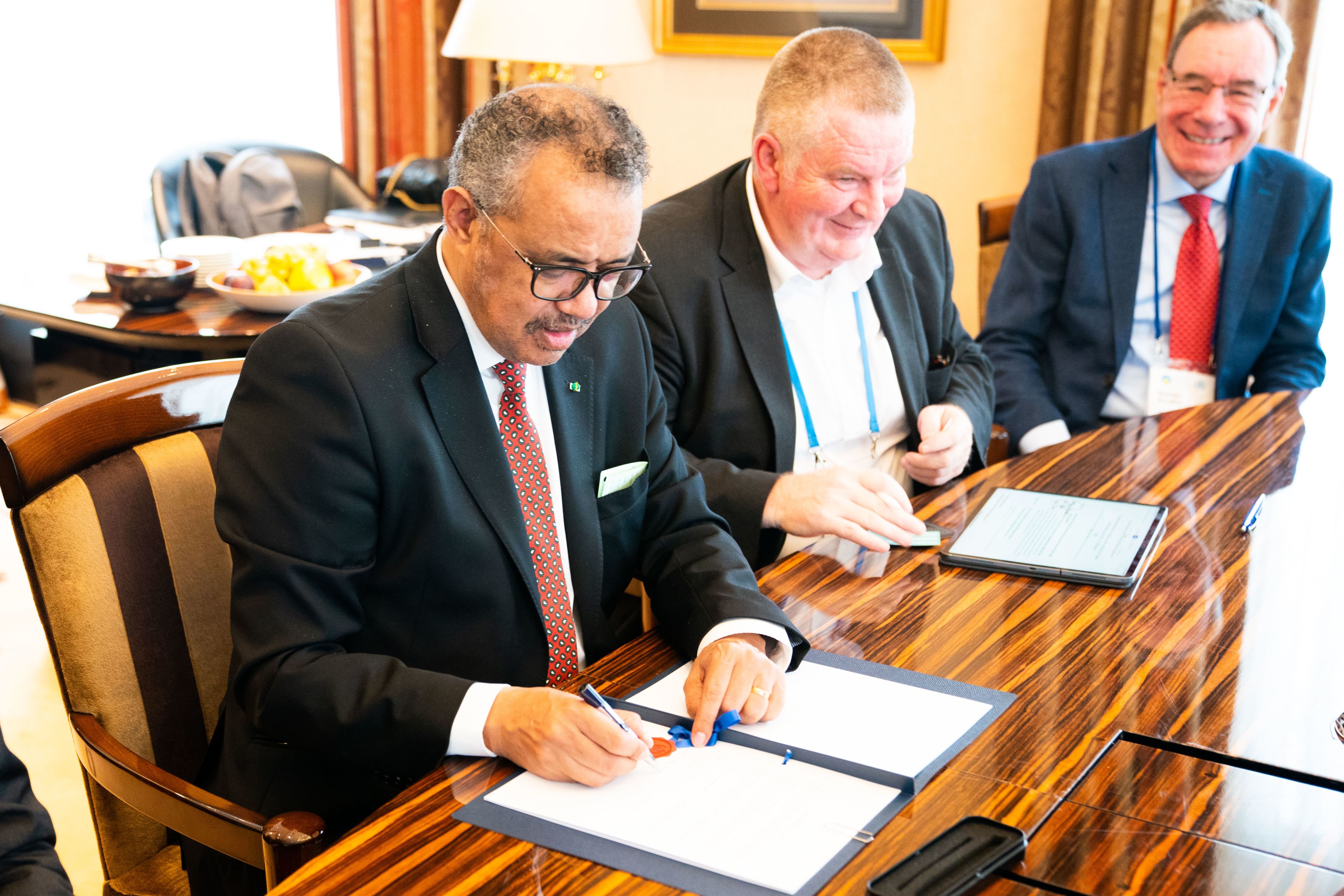
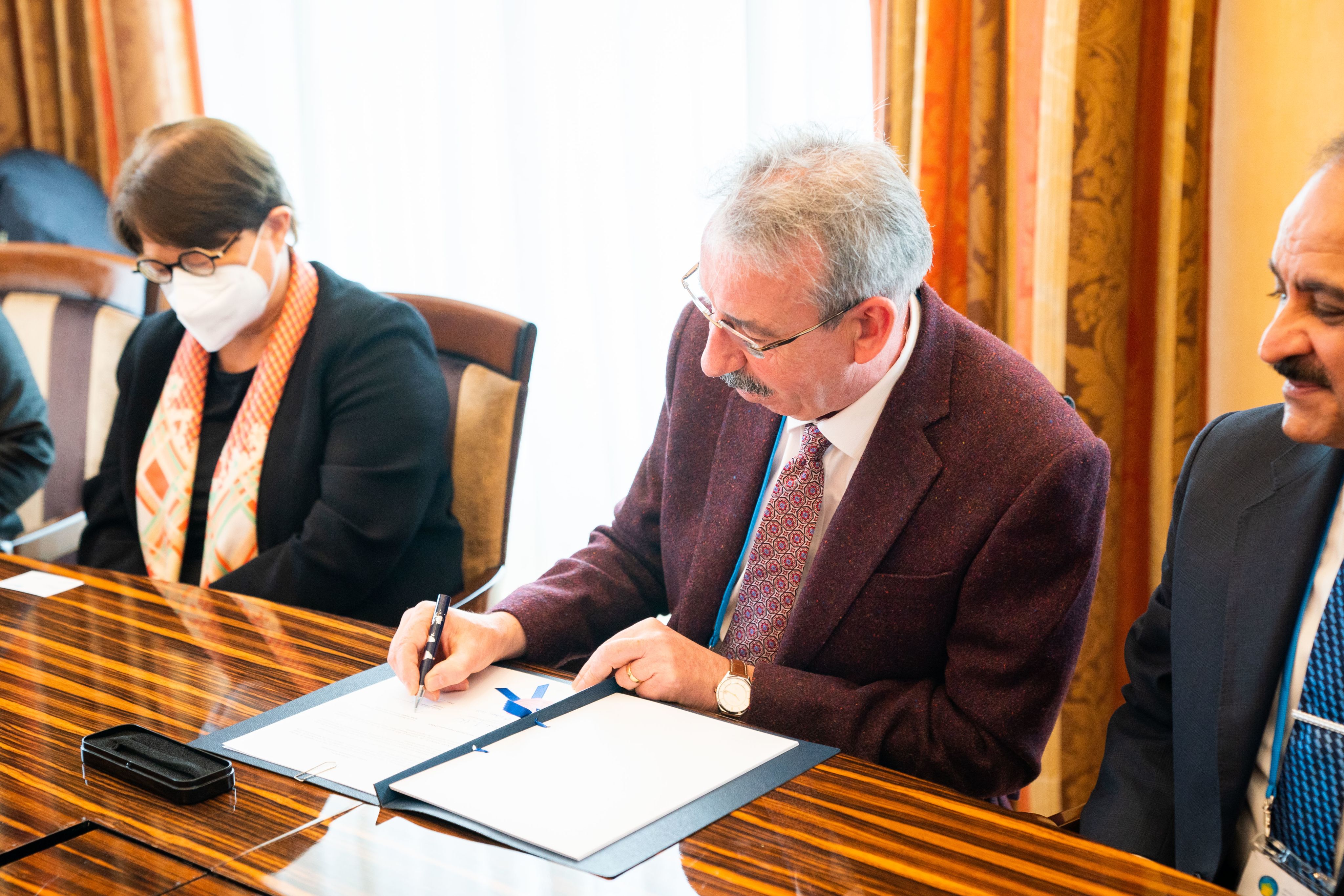
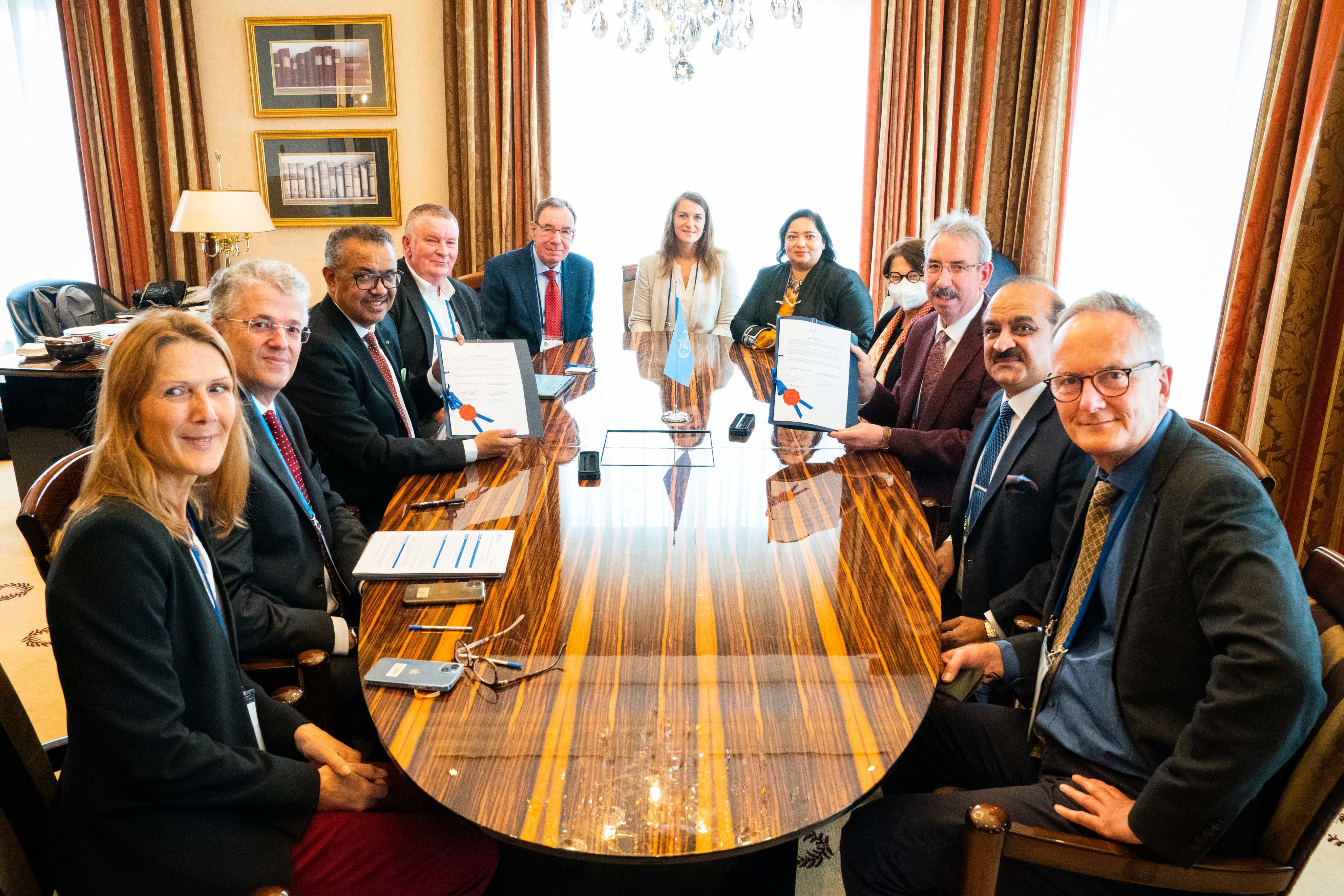
IANPHI and WHO Partner to Strengthen Public Health Functions and Health Emergency Preparedness
In October 2022, IANPHI and the World Health Organization signed a Memorandum of Understanding at the World Health Summit in Berlin. The MOU outlines our joint efforts to achieve common objectives to strengthen public health functions at global, regional and country level while advocating for greater equity, inclusiveness and coherence.
Through this agreement, IANPHI and WHO will work together to enhance national public health capacities through supporting NPHIs at the technical and policy level to establish or strengthen their role in national public health as well as their emergency preparedness and response functions in their national contexts, while also strengthening other vital areas for NPHIs’ sustainability.
IANPHI and WHO have been collaborating for years. In 2022, IANPHI contributed to the WHO and partner roadmap on public health and emergency workforce and participated in the first meeting of the roadmap's steering committee in Geneva.
G7 partnerships
In May 2022, health ministers from the G7 expressed their support for IANPHI and NPHIs , as part of their priorities to achieve climate-resilient and sustainable, climate-neutral health systems. In a statement, the health leaders recognized NPHIs' essential role in climate action, committed to enhanced collaboration between the G7 public health institutes on that topic, and backed the IANPHI Roadmap for Action on Health and Climate Change.
In the continuity of that recognition, the G7 invited IANPHI to attend technical meetings on collaborative surveillance and public health emergency workforce in October 2022 in Berlin.
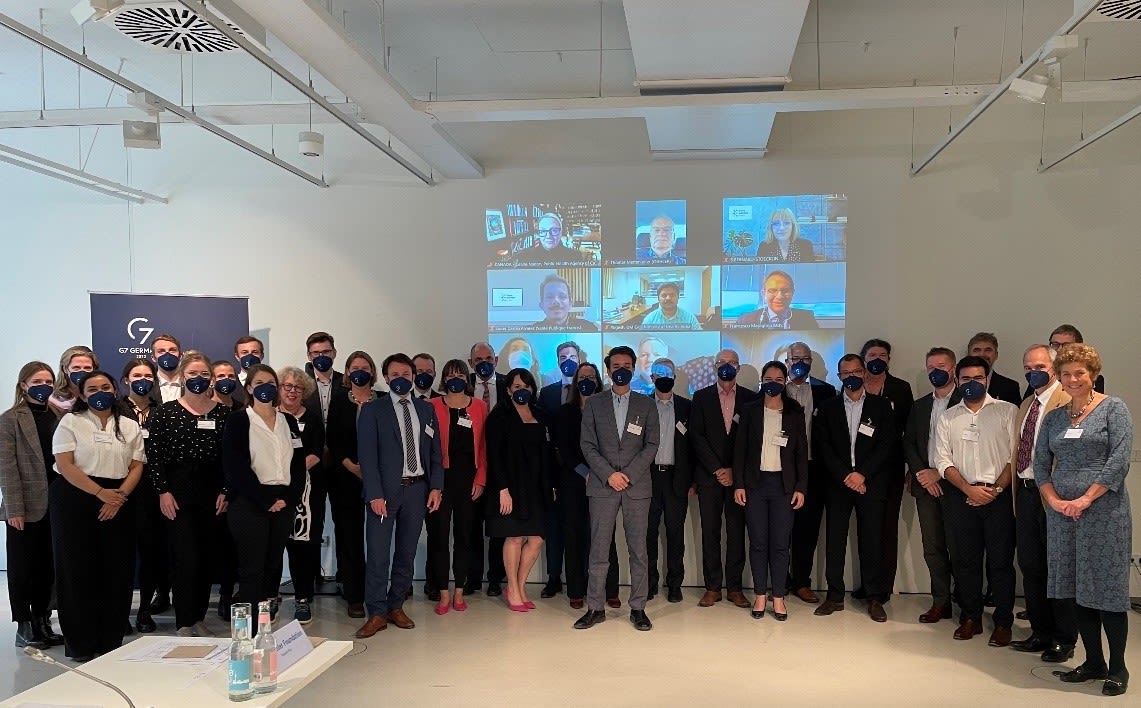
G7 technical meeting on collaborative surveillance
G7 technical meeting on collaborative surveillance
Integrated Disease Surveillance

Integrated Disease Surveillance Project
In 2022, IANPHI received an award from the Bill & Melinda Gates Foundation to work on the understanding and models of Integrated Disease Surveillance (IDS) and the role of NPHIs. The project encompassed three work streams:
- a systematic scoping review, which has highlighted the fragmentation of evidence and the global lack of information on IDS effectiveness;
- a survey, launched among our member NPHIs, which aimed to characterized and understand the development of integrated surveillance; and
- seven country deep dives (Mozambique, Pakistan, Malawi, Uganda, England, Sweden and Canada), which produced qualitative data through interviews and discussion forums.
The replay of our annual meeting session dedicated to the project is available below.
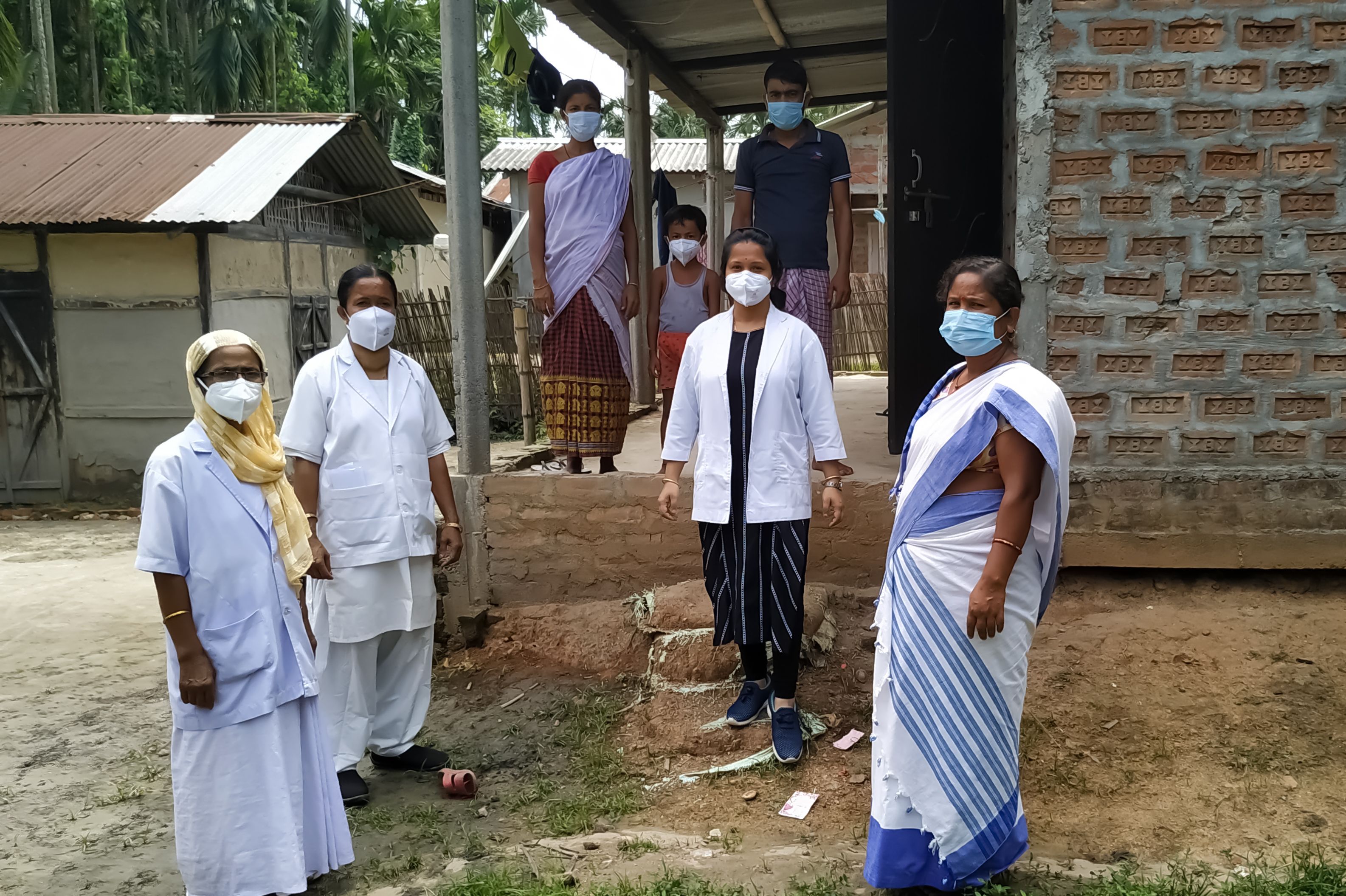
World Health Summit
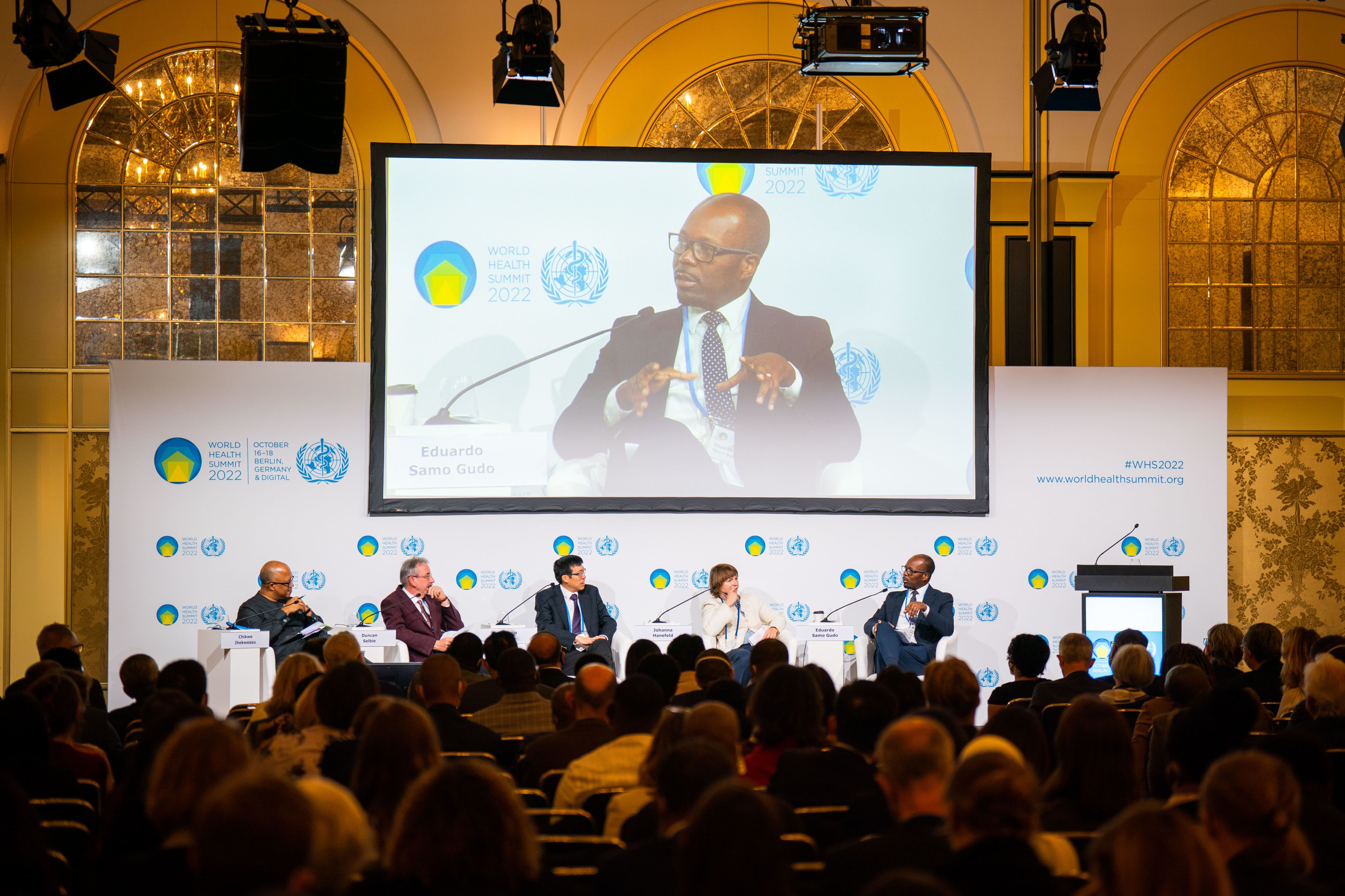
The IANPHI IDS Project contributed to feed the first session of the World Health Summit on Outsmarting Pandemics: Collaborative Surveillance and the Role of Public Health Institutes, held in Berlin in October 2022. Hosted by Dr. Chikwe Ihekweazu, WHO assistant director-general leading the WHO Hub for Pandemic and Epidemic Intelligence, the session featured panelists from IANPHI and our member institutes. The replay of the session is available below.
The challenges of integrated surveillance
In June 2022, IANPHI held a webinar on the challenges of integrated surveillance for NPHIs during the COVID-19 pandemic. The session offered a panel discussion featuring surveillance experts from Pakistan's National Institute of Health, Mozambique's Instituto Nacional de Saúde, and the U.S. Centers for Disease Control and Prevention, moderated by Dr. Oliver Morgan, director of Pandemic and Epidemic Intelligence Systems at WHO. Watch the replay below.
Preparedness and response to emergencies affecting health

Pandemics, conflicts, climate change: new roles and challenges for National Public Health Institutes
In November 2022, the Public Health Agency of Sweden hosted 200 directors and representatives of NPHIs from 75 countries in Stockholm for the IANPHI Annual Meeting. The event marked IANPHI's 15th anniversary and our first in-person event since 2019.
The Swedish minister for Social Affairs and Public Health, Jakob Forssmed, gave the keynote speech, in the presence of Crown Princess Victoria of Sweden. Five new member institutes from Botswana, Greece, Jordan, Montenegro and the Democratic Republic of Congo officially joined the association.
NPHI leaders and IANPHI partners discussed the institutes' role in facing pandemics, conflicts, and climate change and shared experiences, best practices and challenges.
The meeting culminated with the adoption of the Stockholm Statement on the role of NPHIs in supporting preparedness and response to emergencies affecting population health, based on the discussions of the week.
The statement highlights the urgent need to apply the lessons learned from COVID-19 to address other health threats, such as the impact of climate change. Now is the time for NPHIs to step up their role in the handling of crises that affect the health of our populations with prioritization of health equity.
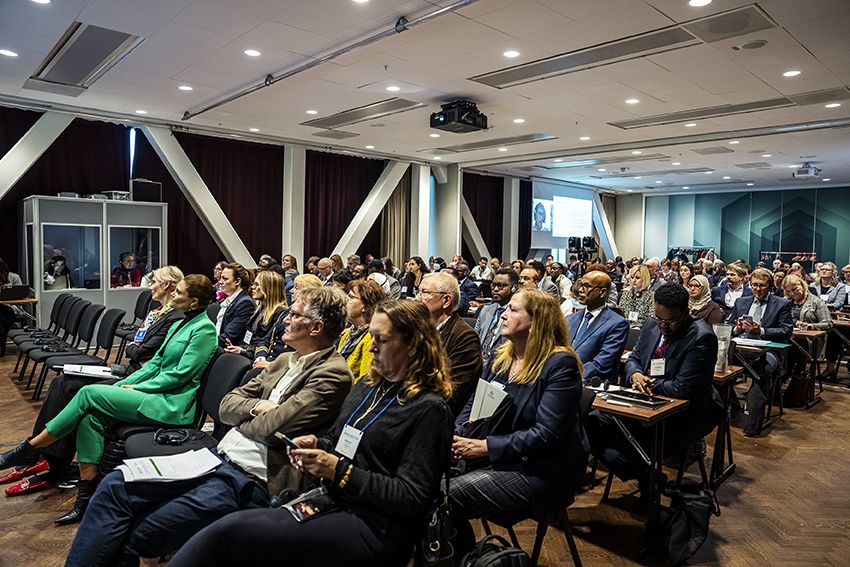

Responding to crises
The role of NPHIs in preparing for and responding to crises was also discussed during the IANPHI Europe Meeting held in May 2022 in Tallinn, Estonia, hosted by the Estonian National Institute for Health Development.
The meeting offered sessions on the war in Ukraine and its impacts, what COVID-19 taught NPHIs, and preparing for future crises.
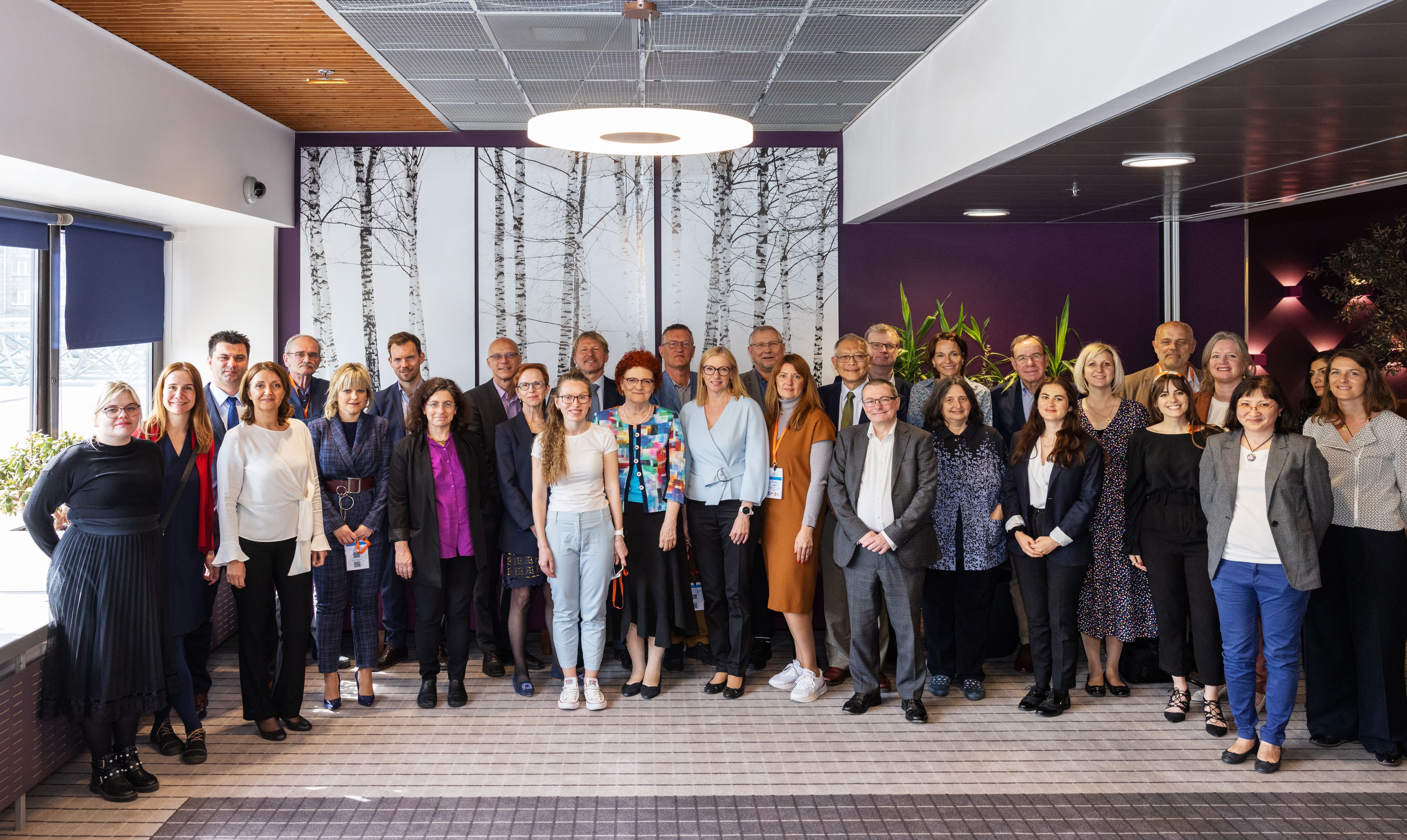
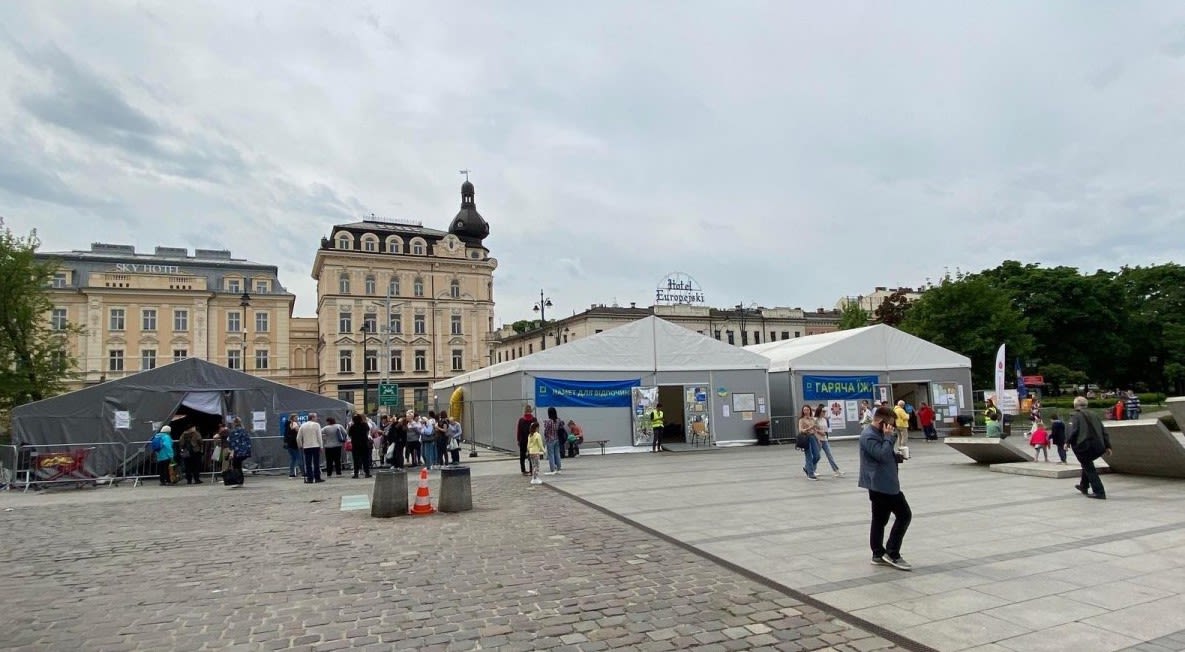
The impacts of the war in Ukraine were also the focus of an IANPHI Europe visit to Poland at the invitation of the Polish national public health institute. A small delegation visited refugee reception centres and accommodation sites near the Poland-Ukraine border in May 2022.
The goal of the visit was to learn from the country's experience and challenges in responding to the influx of refugees, and to support Poland's NPHI. A mission report, which includes a set of recommendations, was produced.
Combatting social inequalities
The 2022 IANPHI Latin America Network Meeting hosted in October 2022 by the National Institute of Health of Mexico in Cuernavaca focused on the role of NPHIs in combating social inequalities. Representatives from the region discussed the global climate and environmental crisis, food insecurity and malnutrition, the COVID-19 pandemic response, and integrated disease surveillance and preparedness for health emergencies.
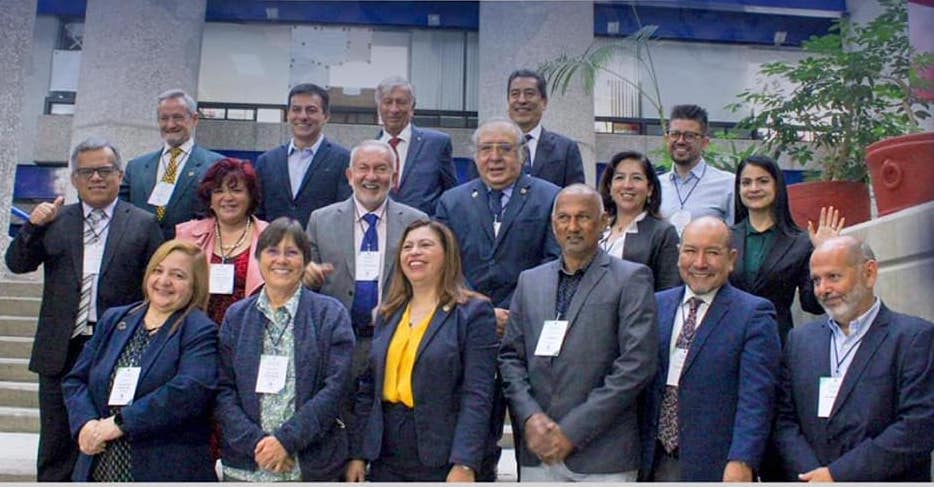
COVID-19 response

COVID-19 lessons learned
In May 2022, IANPHI released a new report, which is a synthesis of the lessons learned exercise we conducted with our members about their role in the COVID-19 response in 2020. The report offers insights and lessons for NPHIs, governments and global health organizations.
Our analysis demonstrates how NPHIs adapted their scope and mission, addressed challenges and delivered essential public health functions, while being on the frontline of the pandemic response. The report also highlights the good practices and many successes that were identified, including through six case studies.
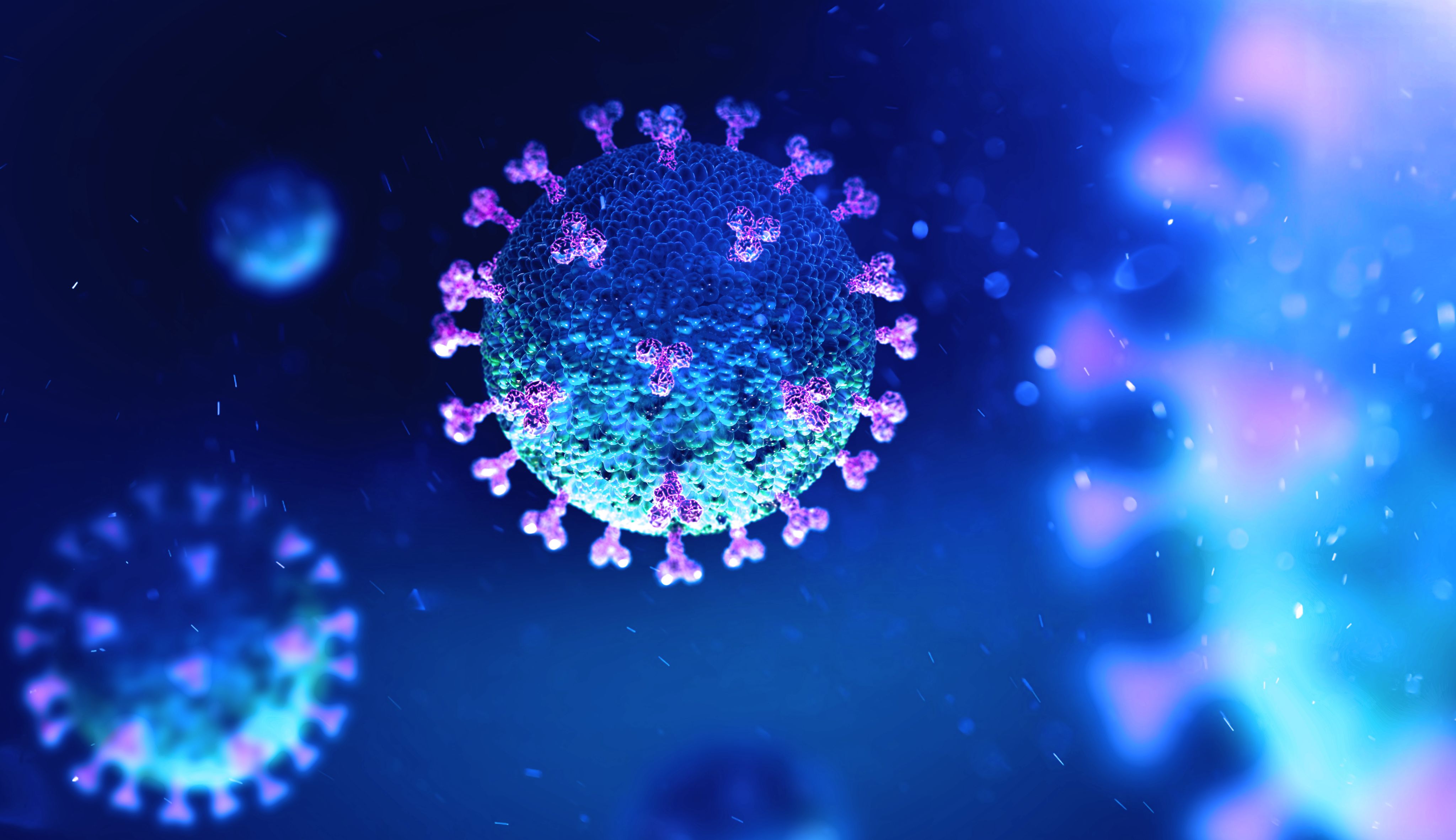
IANPHI COVID-19 webinar series
In 2022, IANPHI continued its member-led webinar series devoted to the issues faced by NPHIs in the COVID-19 response. Session replays are available below.
Exercising scientific independence
Influence and Advocacy Strategies Using Scientific Evidence
Wastewater Surveillance for COVID-19 and Other Pathogens
Climate change and health

Developing Indicators to Drive Relevant Action on Climate Change and Health
In November 2022, the IANPHI Committee on Climate Change and Public Health, which brings together over 20 member NPHIs to work on climate and health issues, hosted a webinar on climate indicators.
It came exactly a year after the launch of the IANPHI Roadmap for Action on Health and Climate Change at the United Nations Conference on Climate Change (COP26) in Glasgow, Scotland. In the roadmap, IANPHI committed to a number of actions to help NPHIs improve public health interventions related to climate change. Those included actions aimed at enhancing their capacity through knowledge sharing and supporting the identification of common indicators.
Indicators are critical tools to track and capture climate-induced health impacts, harness evidence and implement effective public health interventions. The webinar featured representatives from the Lancet Countdown, the European Environment Agency, and from member NPHIs in the UK, the U.S., France and India. The webinar was opened by Dr. Sébastien Denys, chair of the IANPHI Committee on Climate Change and Public Health, and moderated by Dr. Svenja Matusall of Germany's Robert Koch Institute.
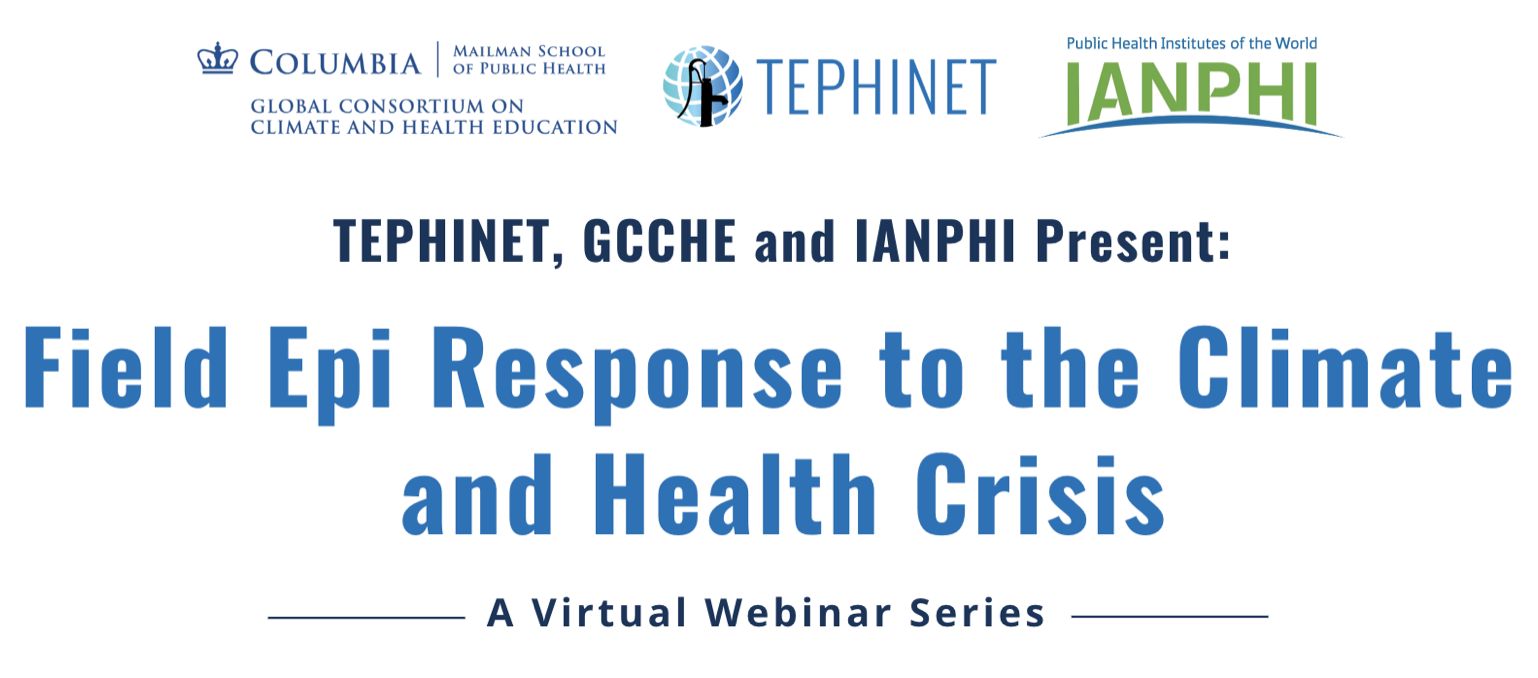
In partnership with IANPHI and Columbia University's Global Consortium on Climate and Health Education, TEPHINET (Training Programs in Epidemiology and Public Health Interventions Network) started hosting in 2022 a monthly webinar series, Field Epi Response to the Climate and Health Crisis, focused on discussing climate-related health risks and their relating interventions. The topics of 2022 sessions included heat exposure, wild fire, vector-borne disease, air pollution and flooding.
Tools and resources for National Public Health Institutes
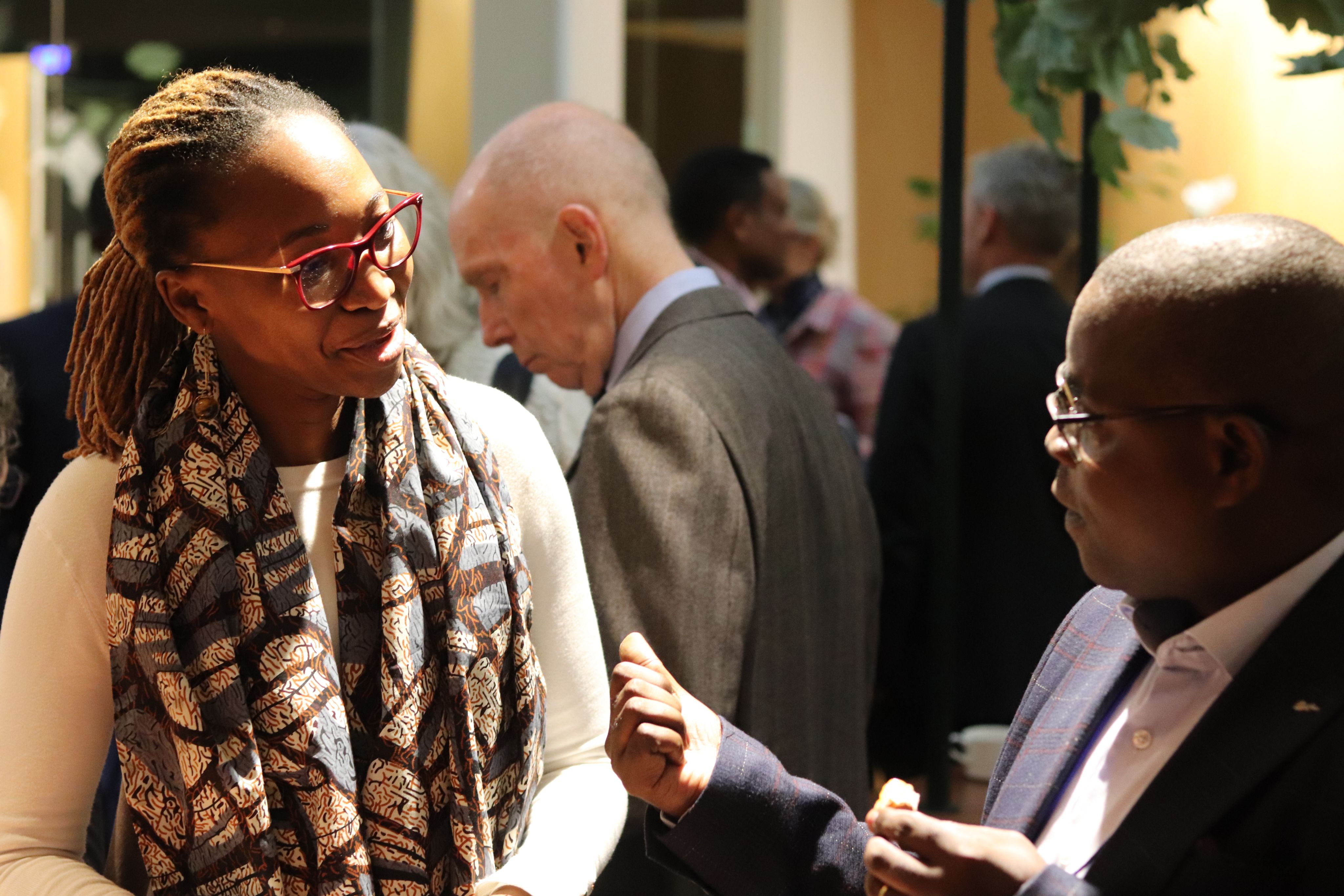
Our toolkit
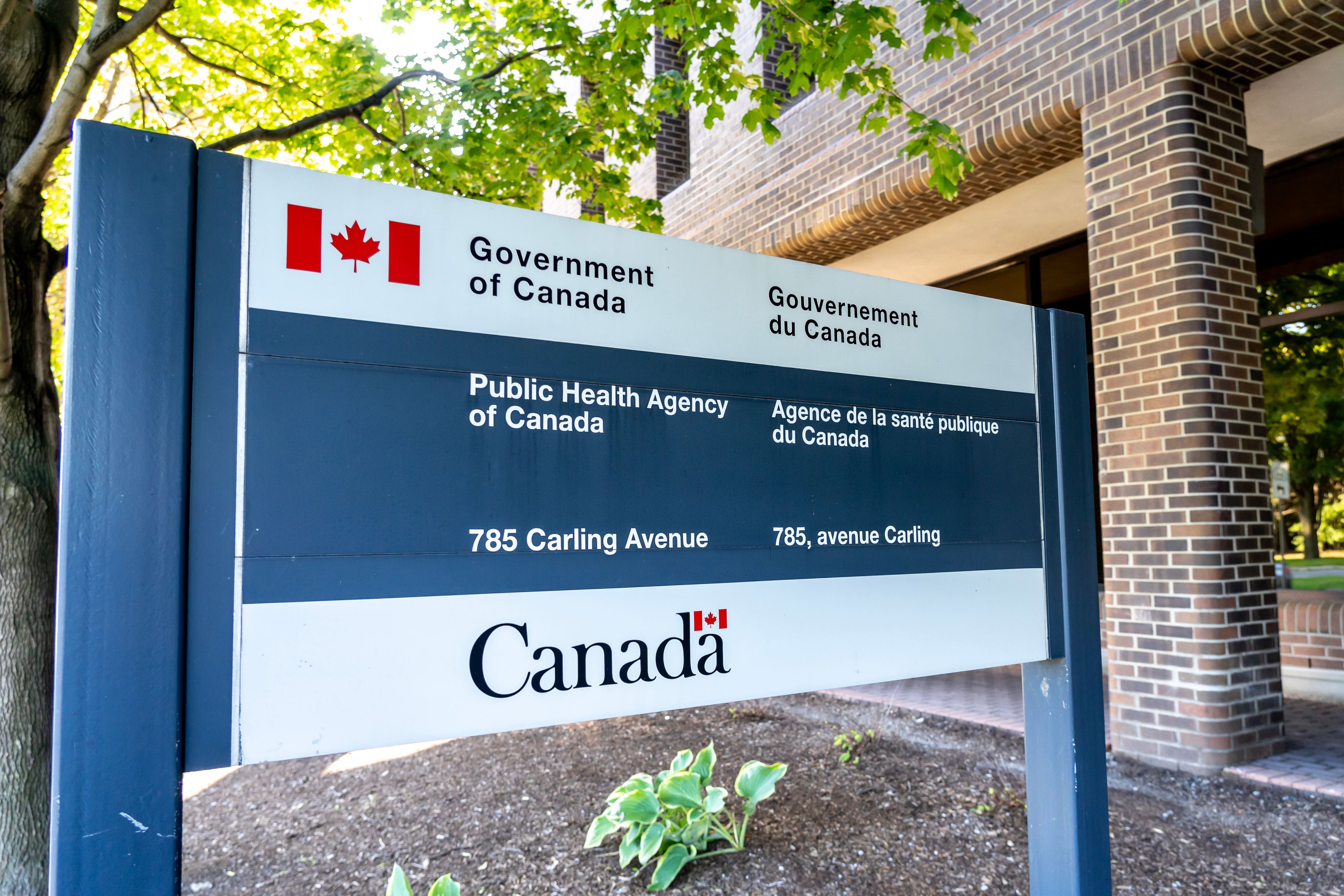
IANPHI Framework for NPHI Development
The IANPHI Framework for the Creation and Development of NPHIs provides a common conceptual basis and language for discussing NPHIs, presents models of how they function, and suggests approaches for countries thinking of creating or expanding their NPHIs.
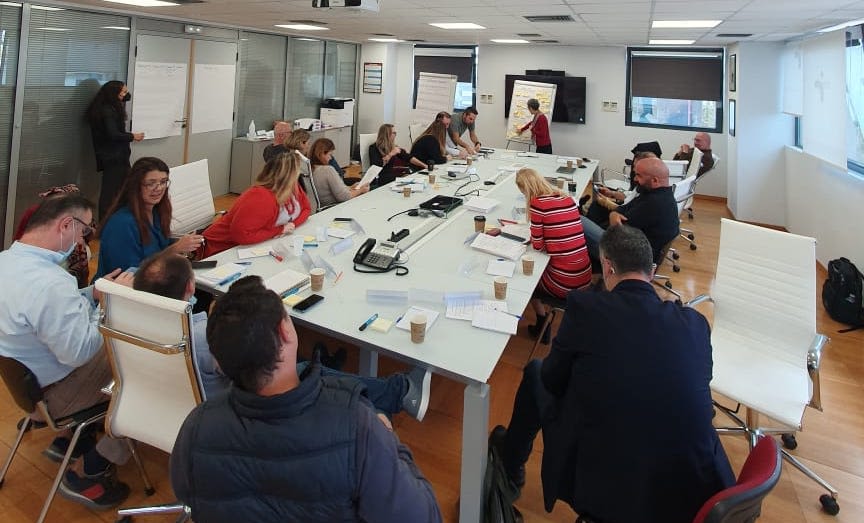
Staged Development Tool
The Staged Development Tool helps NPHIs assess their current capacities and identify gaps in functionality, prioritize gaps, and develop a roadmap for achieving a higher level of functioning. In 2022, the STD was implemented with the Greek NPHI, EODY.
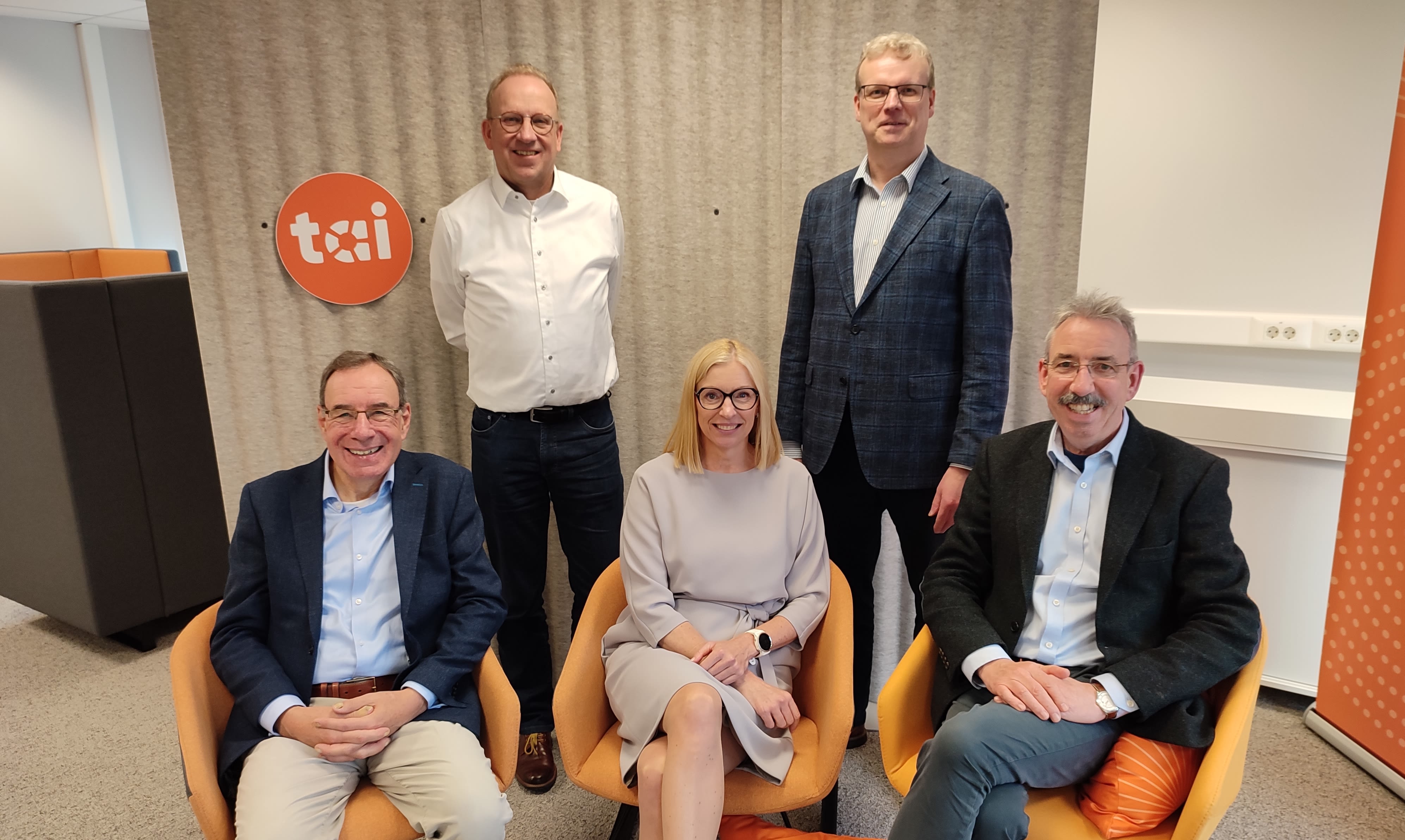
Peer-to-peer Evaluation Tool
Upon request, IANPHI can assemble a team of NPHI directors or senior experts to carry out an external evaluation of an NPHI and provide a formal evaluation report with recommendations to the NPHI director. In 2022, an evaluation of the Estonia NPHI was held.
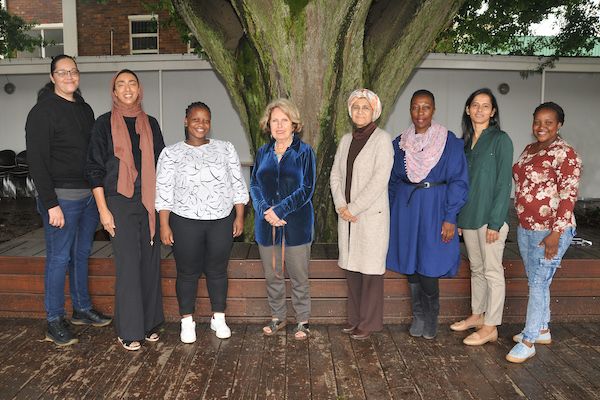
Best practices
The Best Practice series provides suggestions for NPHIs on a range of topics related to internal-facing issues, such as those related to leadership and management.
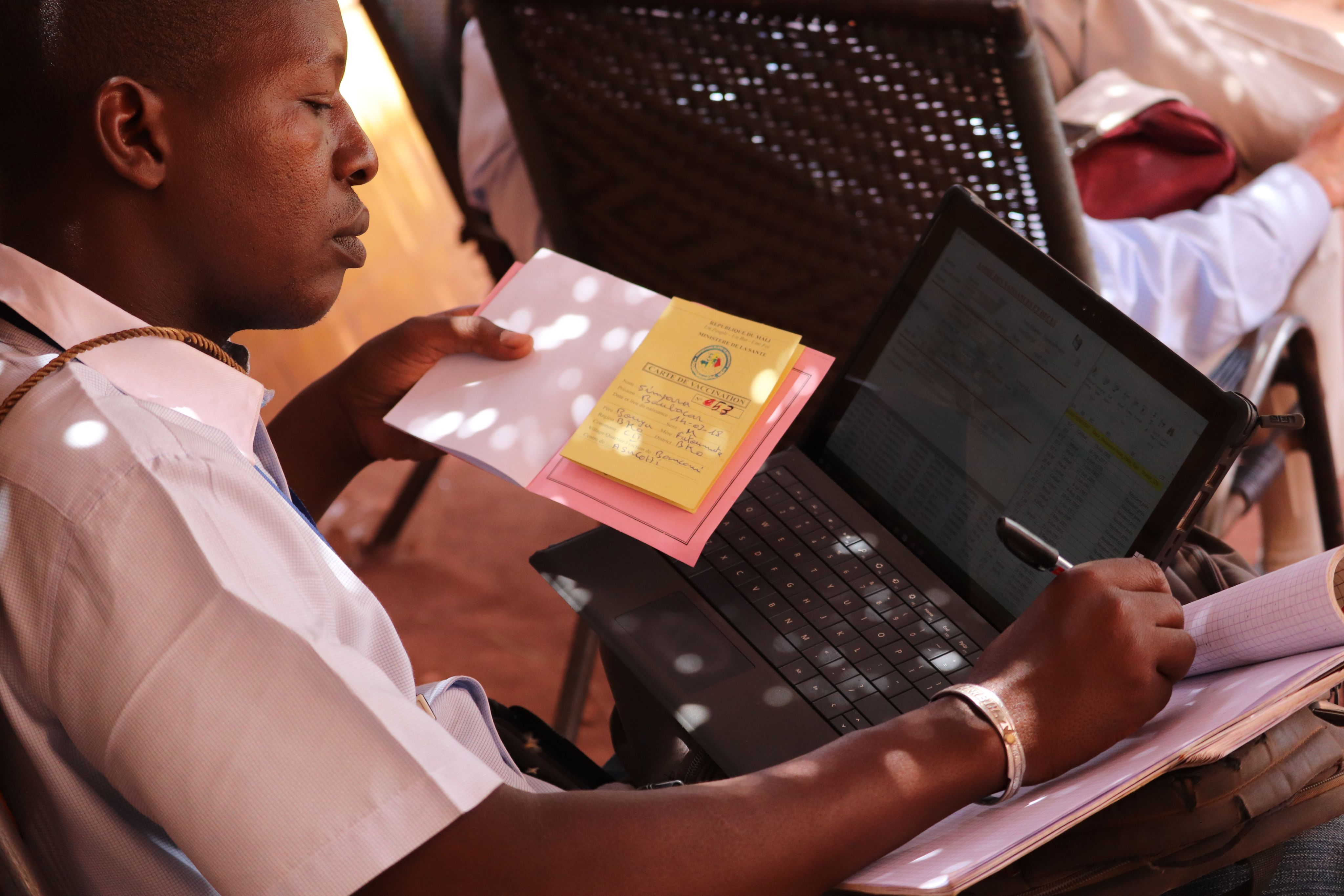
Case studies
This series of case studies provides insights into the NPHI development process and the factors that supported the successful creation and growth of our member NPHIs.
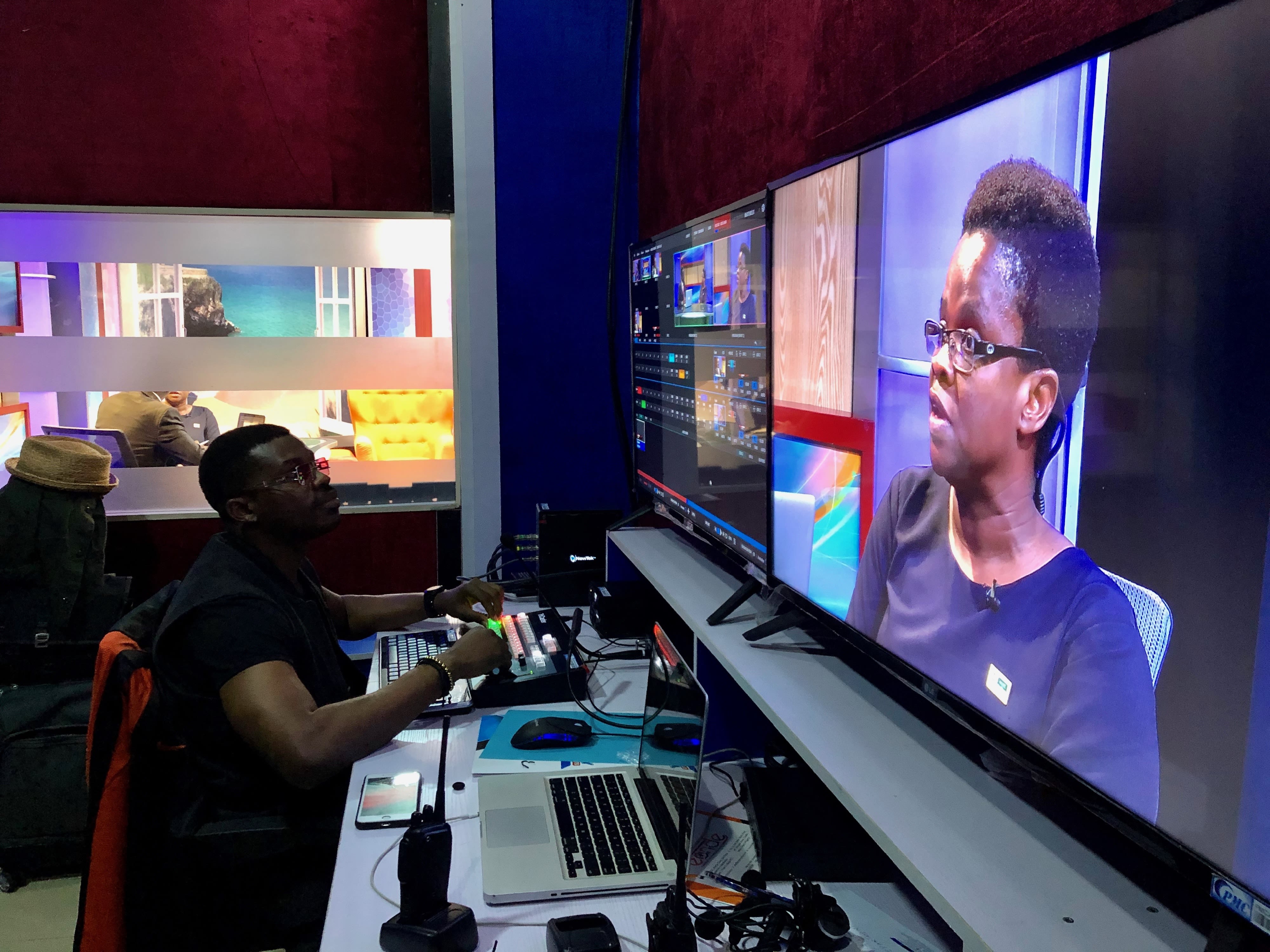
Communications resources
The resources include guidelines developed for an IANPHI media training workshop and a quick guide to drive vaccine acceptance.
Strengthening National Public Health Institutes
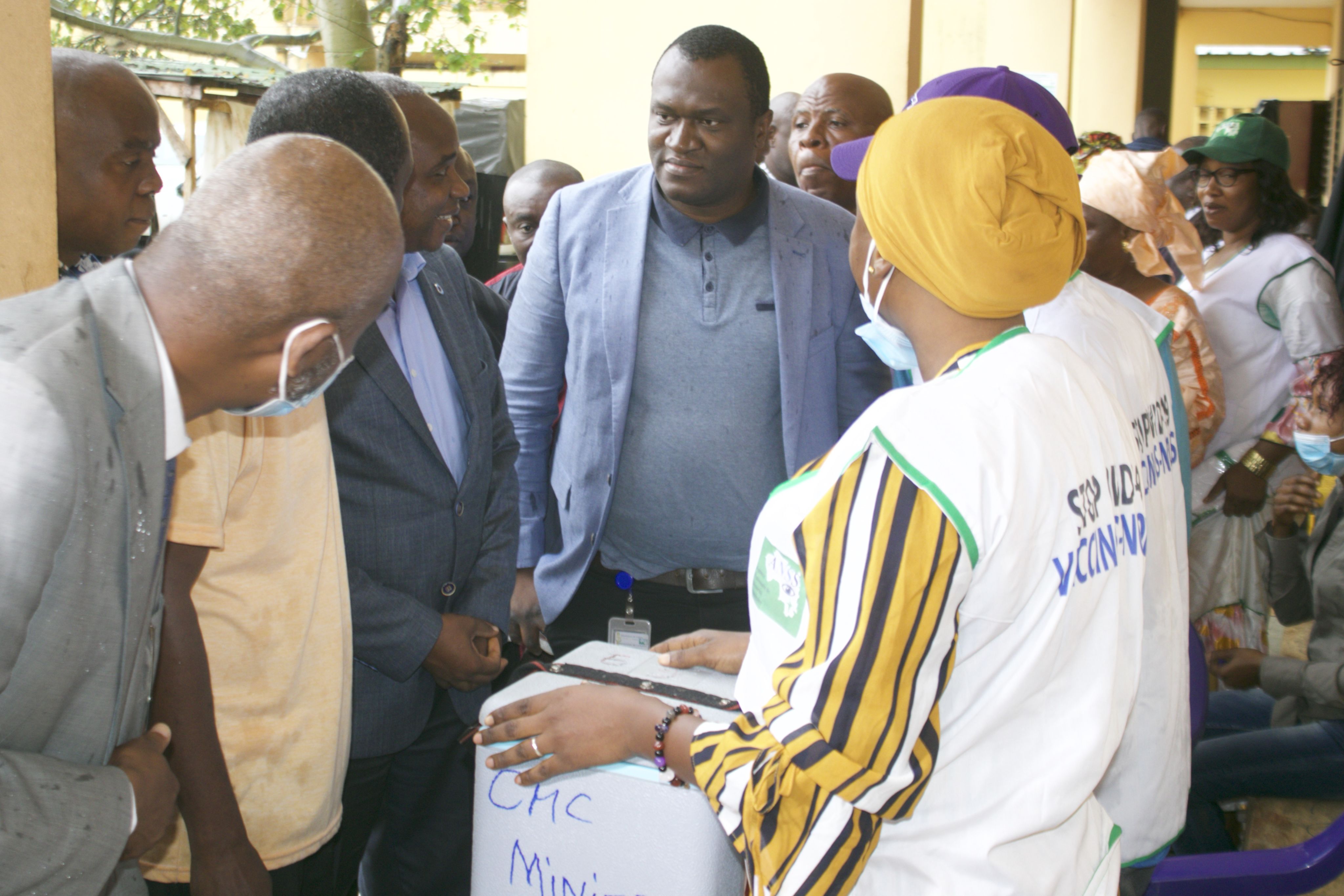
NPHI building and strengthening projects implemented in 2022
With funding support and guidance from the U.S. Centers for Disease Control and Prevention via a cooperative agreement, IANPHI supports efforts in countries throughout Africa and Southeast Asia and alongside Africa CDC to build and strengthen NPHIs, typically in the areas of public health surveillance and emergency response, workforce development, laboratory, data use and research capacities, and legal frameworks for NPHI entities.
West Africa: Burkina Faso, Côte d'Ivoire, Guinea and Nigeria

Burkina Faso
Burkina Faso's Institut National de Santé Publique (INSP), IANPHI and U.S. CDC, along with an IANPHI consultant, have been working since 2018 to increase INSP’s capacity to identify and respond to outbreaks, train its workforce to better identify and respond to public health emergencies, develop a roadmap to build capacity, improve communications and strengthen the health information system, and develop internal institutional capacity to manage staff, logistics, administration, financial management, procurement, and equipment inventory. In 2022, INSP built on its laboratory capacity through the operationalization of a biobank, reinforcing workforce skills in biostatistics and bioinformatics, creating a digital library, updating their communication plan, among many other activities.
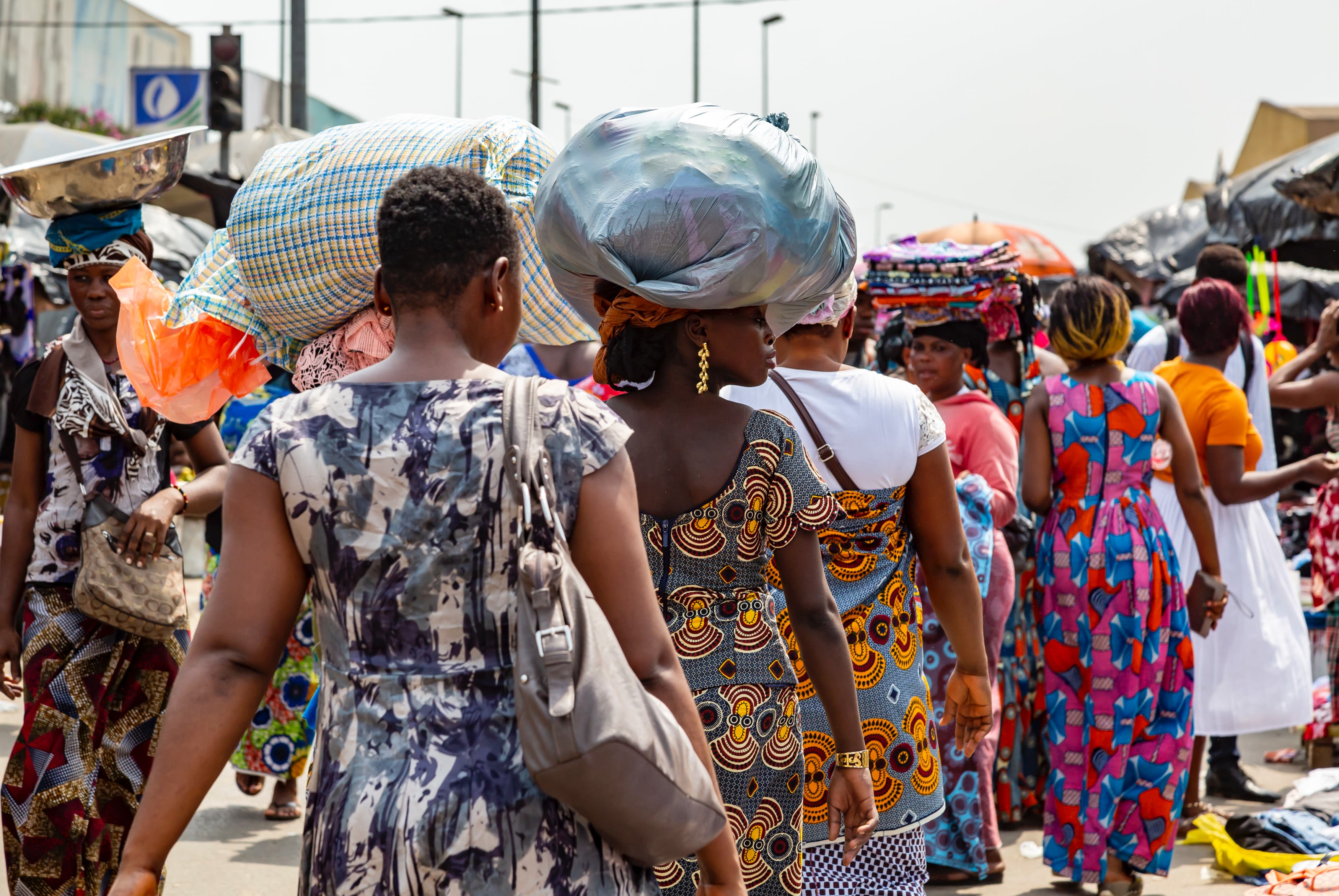
Cote d’Ivoire
Côte d’Ivoire’s Institut National de Santé Publique (INSP) has been working with IANPHI and U.S. CDC since 2021 to become the national center of excellence in public health research and strengthen public health emergency response by providing additional workforce training. The institute has been building capacity in research projects development and implementation, identifying the factors of success of research groups identified as “high performers”, reinforcing staff skills in grant writing and research project management, and enhancing the quality of public health emergency response training. IANPHI is also supporting INSP’s communications team in building a website for the institute.
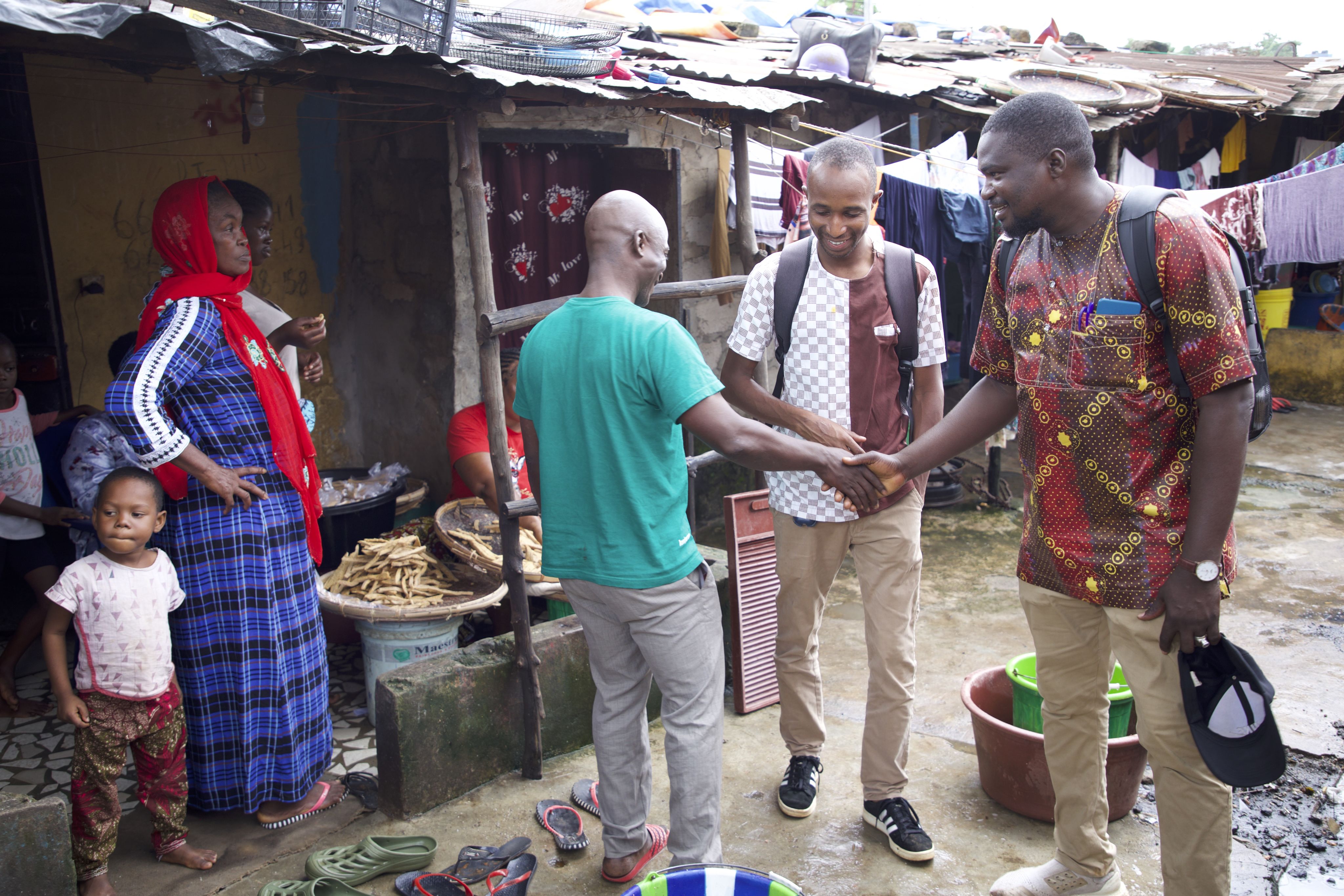
Guinea
In 2022, IANPHI and U.S. CDC worked with a consultant to support Guinea's Agence Nationale de Sécurité Sanitaire (ANSS) in strengthening its emergency response capacity, including laboratory and vaccination capacities and its institutional mechanism for managing health emergencies through procurement of essential supplies.
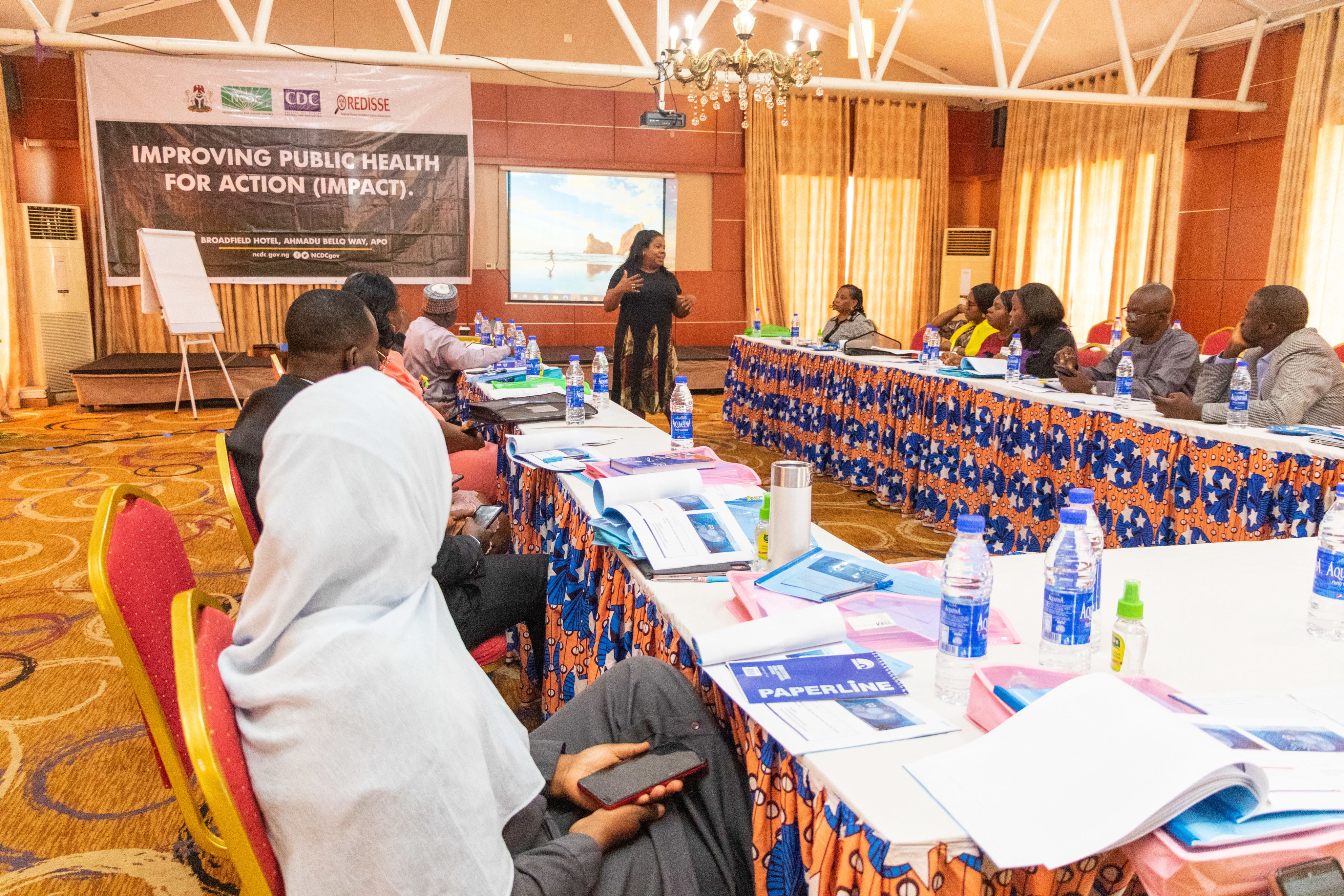
Nigeria
IANPHI and U.S. CDC are supporting the Nigeria Centre for Disease Control and Prevention in several areas including laboratory capacity (improving collection, transportation, and field-testing of samples), strengthening outbreak management and emergency response through staff capacity development, creation of Rapid Response Teams and enhancing risk communication capacity. To further strengthen the workforce of Nigeria CDC, the Improving the Public Health Management for Action (IMPACT) fellowship program was implemented to enhance the capacity of the graduates in planning, implementing and evaluating public health programs in 2019. In order to make this training sustainable at NCDC, IANPHI is supporting workshops to train trainers as well as a second cohort of IMPACT fellows from NCDC staff in 2022 and 2023.

East Africa: Uganda
IANPHI and U.S. CDC are supporting Uganda National Institute of Public Health (UNIPH) to strengthen border health in the East African region. UNIPH is working with neighboring countries (Kenya and Rwanda) to facilitate peer-to-peer training and exchange on health risk mapping and border health systems and strengthen cross-border collaboration among the East African Community Partner States.
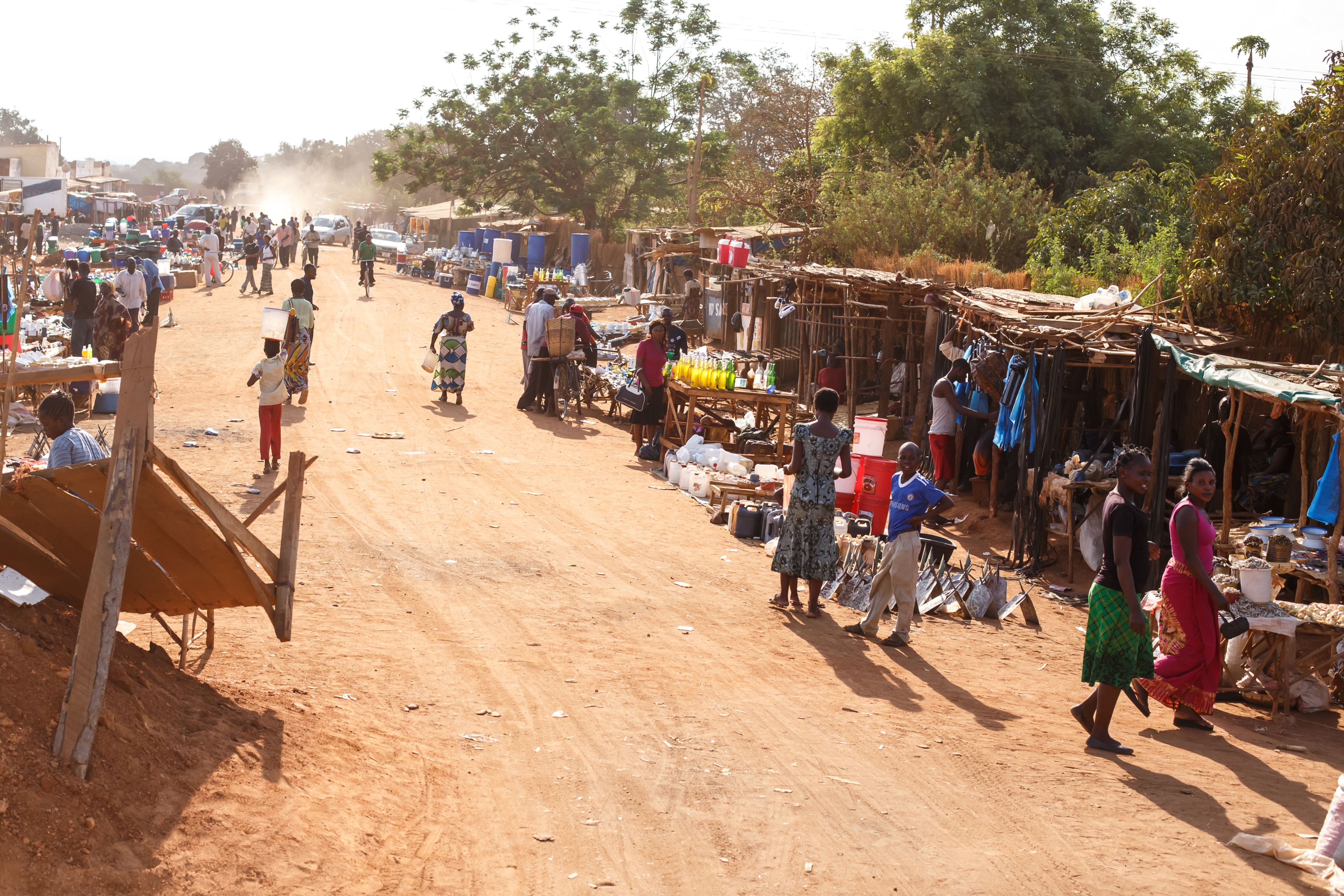
Southern Africa: Zambia
To support the COVID-19 response by the Zambia National Public Health Institute (ZNPHI), U.S. CDC and IANPHI hosted two trainings on Rapid Response Teams (RRT) to equip national RRT members with the knowledge and tools to deploy, respond, and control the spread of COVID-19 in Zambia and oriented them to the pre-, during, and post-deployment standard operating procedures of the recently established ZNPHI National RRT program. A robust and comprehensive RRT roster database was developed, which will allow the ZNPHI National RRT Program to quickly identify the technical skills required to respond effectively and efficiently to an outbreak in the field.
IANPHI is also supporting ZNPHI to increase their capacity to prevent, detect and respond to public health threats at points of entry, border regions and among mobile populations by developing non disease specific and disease specific (COVID-19) multisectoral point of entry emergency response plans and standard operating procedures; training staff on the developed plans and procedures; conducting health risk mapping to forecast communicable disease spread due to population movement; and incorporating a travel variable into national disease surveillance systems.

Europe: Greece
Greece’s NPHI (EODY) is reviewing the structure, mission and function of the institute. In 2022, IANPHI and U.S. CDC supported strategic planning and implemented the Staged Development Tool (SDT) to help identify areas for improved functioning.
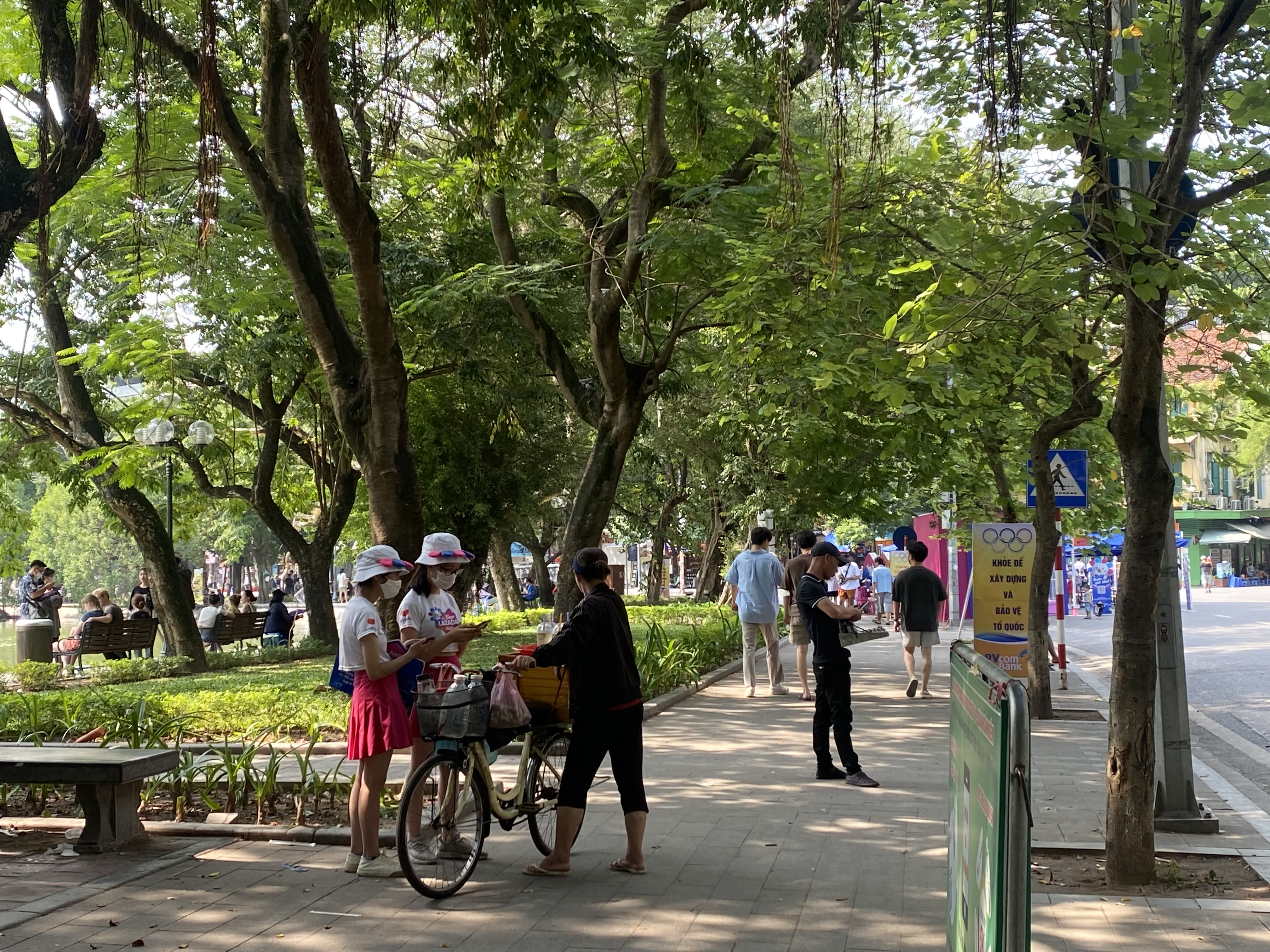
South East Asia: Vietnam
In 2022, Vietnam reinvigorated its efforts to create an NPHI and asked the U.S. CDC Office in Vietnam for help. The Atlanta-based U.S. CDC and IANPHI team provided extensive consultation with the CDC-Vietnam staff. In 2022, an IANPHI-CDC team traveled to Vietnam to provide expert consultation.
Organizational structure

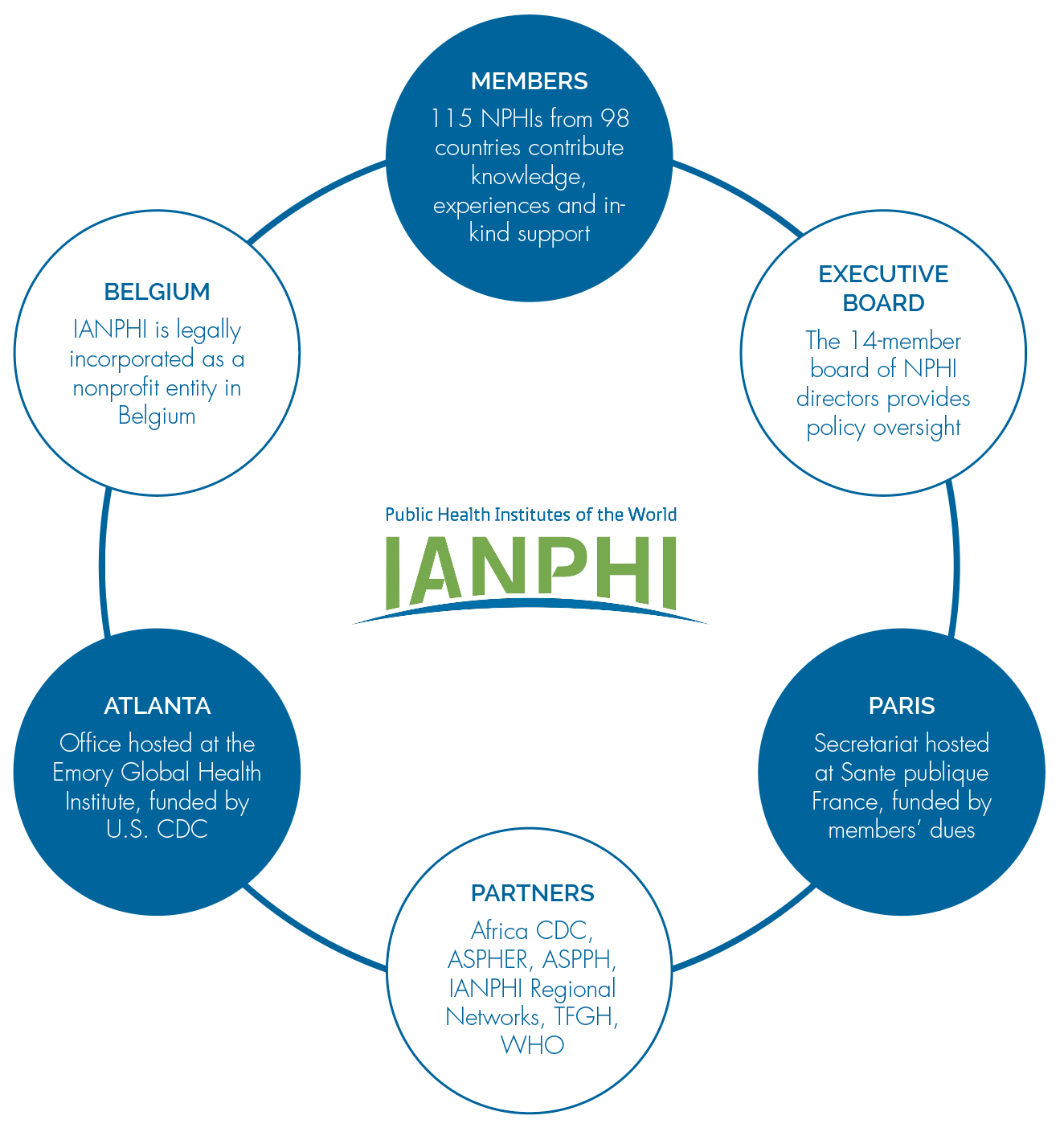
IANPHI Executive Board

Duncan Selbie
President of IANPHI, Chief Adviser Public Health Authority of Saudi Arabia and former Chief Executive of Public Health England, United Kingdom
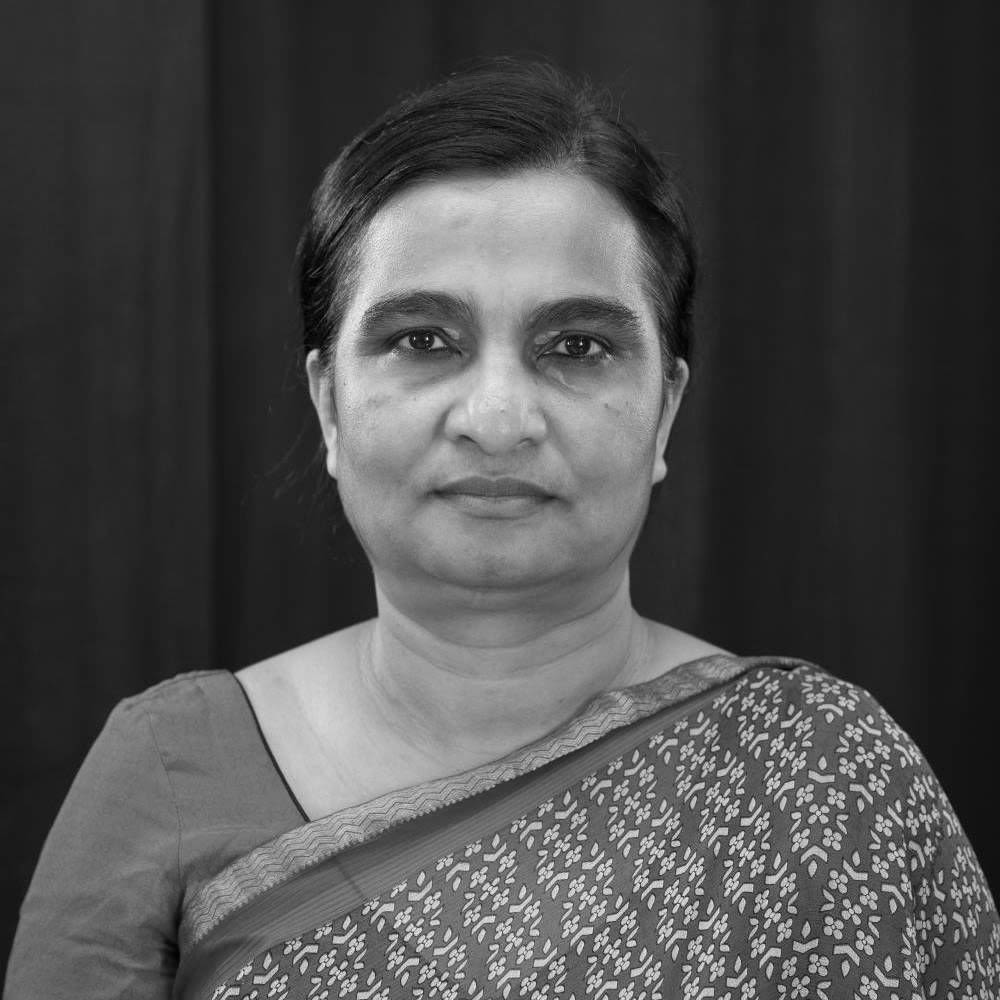
Meerjady Flora
Vice President of IANPHI and former Director General of the Institute of Epidemiology, Disease Control and Research and National Influenza Center, Bangladesh
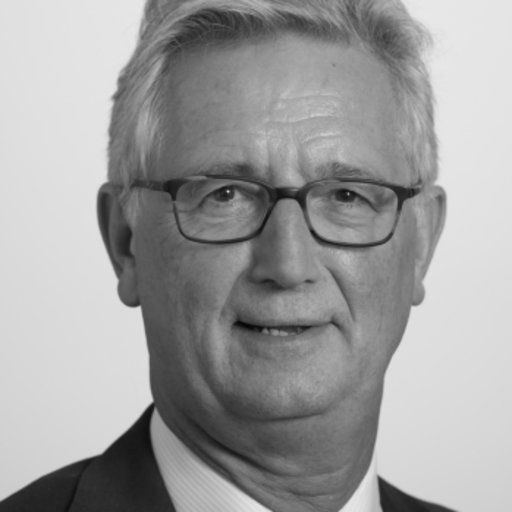
André van der Zande
Immediate past President of IANPHI, former Director general of the Dutch National Institute for Public Health and the Environment (RIVM)

Theresa Tam
Chief Public Health Officer of Canada, Public Health Agency of Canada
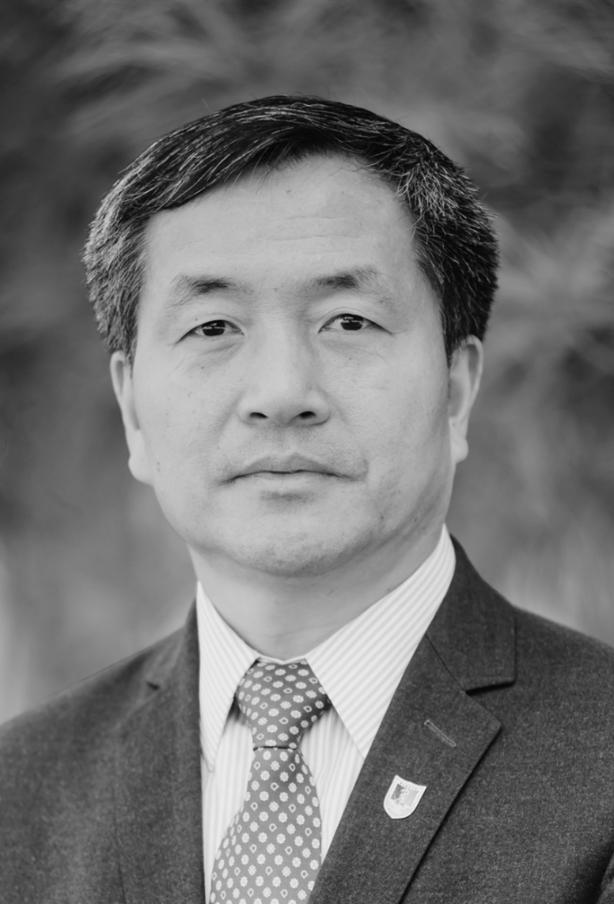
Hongbing Shen
Director General of the Chinese Center for Disease Control and Prevention, China
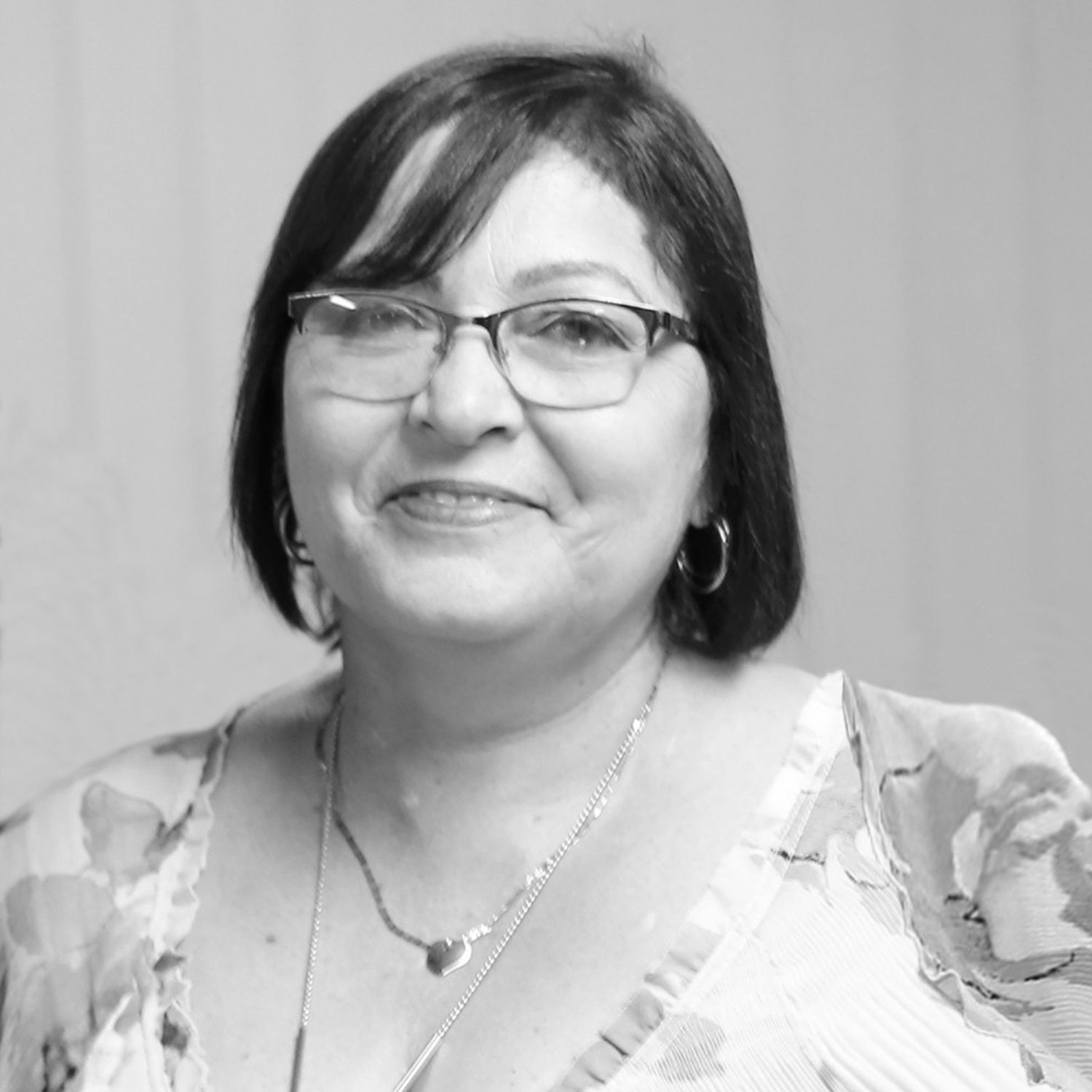
Yanaris López Almaguer
Director of the Institute of Tropical Medicine 'Pedro Kouri', Cuba
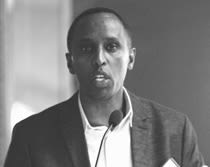
Ebba Abate
Director, Ethiopian Public Health Institute, Ethiopia

Markku Tervahauta
Director General, Finnish Institute of Health and Welfare, Finland

Geneviève Chêne
Immediate Past Chief Executive, Santé publique France

Lothar Wieler
President, Robert Koch Institute, Germany
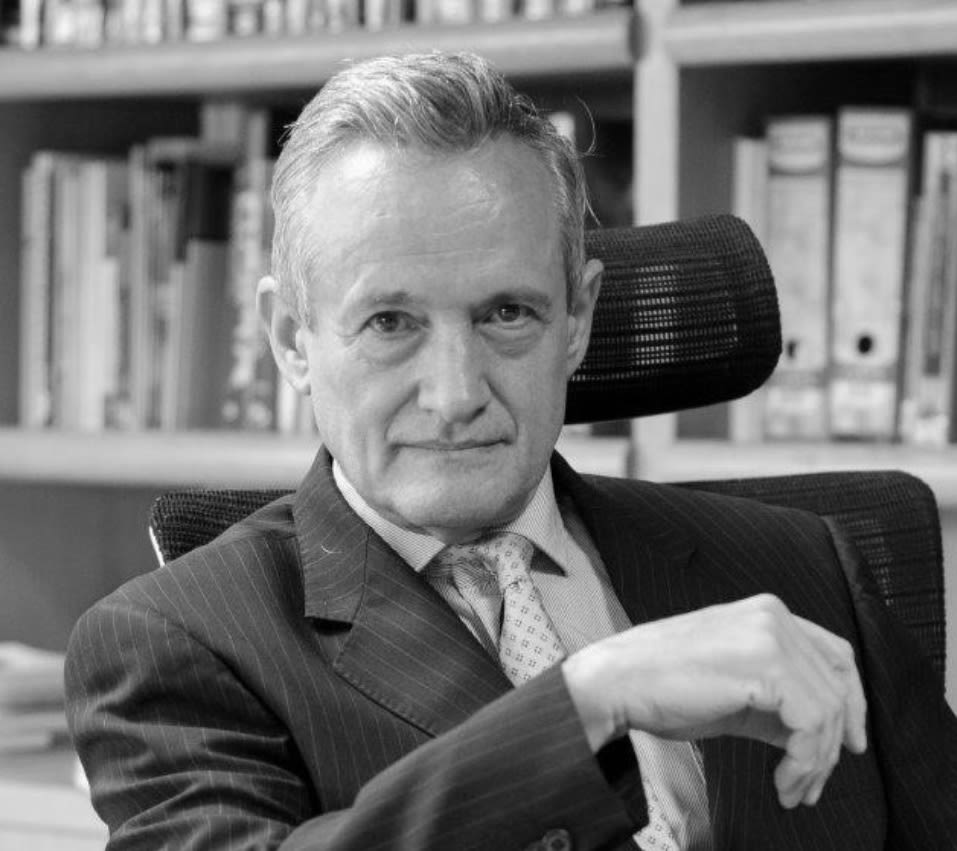
Juan Rivera
Immediate Past Director, Instituto Nacional de Salud Pública, Mexico

Aamer Ikram
Executive Director, National Institute of Health, Pakistan
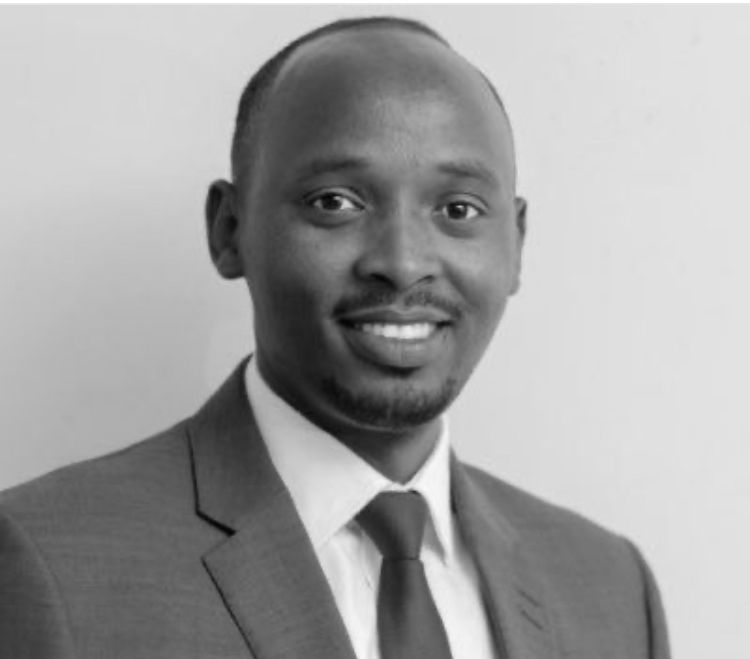
Sabin Nsanzimana
Minister of Health of Rwanda and former Director General of the Rwanda Biomedical Center
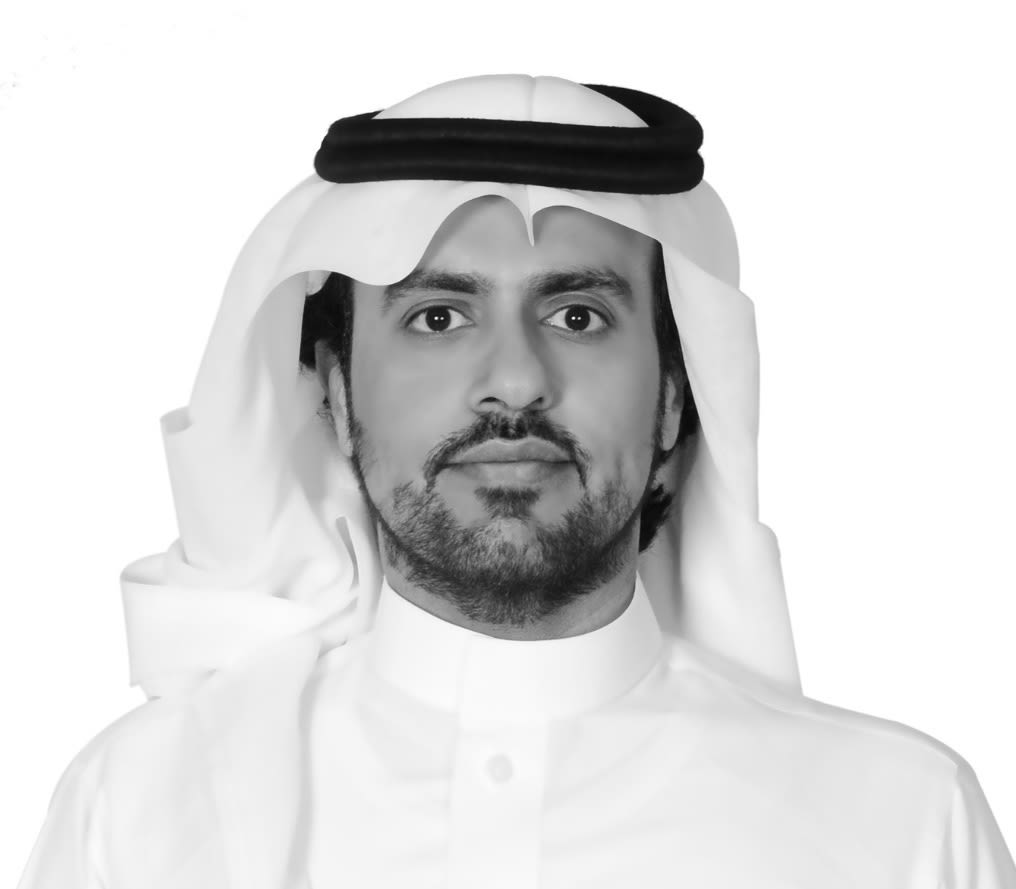
Abdullah Algwizani
Chief Executive, Public Health Authority of Saudi Arabia


Leadership
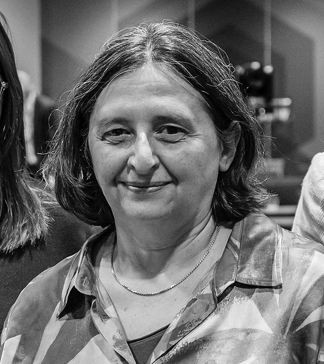
Anne-Catherine Viso
Secretary General, IANPHI Secretariat hosted at Santé publique France
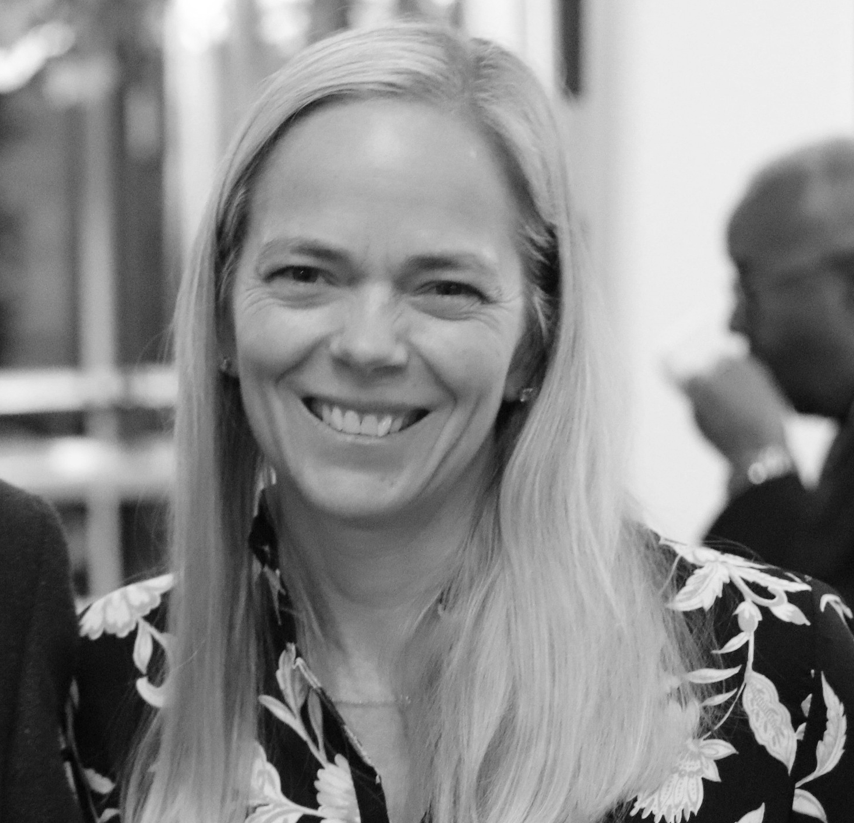
Ellen Whitney
Director, IANPHI Office hosted at Emory Global Health Institute


Regional Networks
IANPHI Africa Regional Network
Chair: Alex Riolexus Ario, Director of the Uganda National Institute of Public Health
Vice Chair: Hervé Hien, Director of Burkina Faso’s Institut National de Santé Publique
Members: 40 member institutes
IANPHI Asia Regional Network
Chair: Muhannad Sulaiman Aloraini, Director of the Public Health Academy at the Public Health Authority, Saudi Arabia
Vice Chair: Muhammad Salman, Chief of the Public Health Laboratories Division at the Pakistan National Institute of Health
Members: 22 member institutes
IANPHI Europe Regional Network
Chair: Trygve Ottersen, Executive Director at the Norwegian Institute of Public Health
Vice Chair: Ihor Kuzin, Deputy Minister of Health, Ukraine
Members: 42 member institutes
IANPHI Latin America Regional Network
Chair: Felix Rosenberg, Director of Itaborai Forum: Politics, Science and Culture in Health at Brazil’s Fundação Oswaldo Cruz
Vice Chair: Claudia Perandones, Director of the Executive Unit for Higher Education and Training at Argentina’s Administración Nacional de Laboratorios e Institutos de Salud
Members: 10 member institutes
Thematic Committees
IANPHI Committee on Climate Change and Public Health
Chair: Sébastien Denys, Director of Health, Environment and Work at Santé publique France
Members: 23 member institutes
Subgroups: Climate Change and Health Indicators and One Health/Planetary Health
IANPHI Committee on Social and Public Health Inequalities
Co-Chair: Shelly Bratton, Lead for National Public Health Institute Program at the U.S. Centers for Disease Control and Prevention
Co-Chair: Felix Rosenberg, Director of Itaborai Forum: Politics, Science and Culture in Health at Brazil's Fundação Oswaldo Cruz (Fiocruz)
Members: 17 member institutes
IANPHI Focal Point Network
Co-chair: Fu-Meng Khaw, Executive Medical Director and National Director of Health Protection and Screening Services at Public Health Wales
Co-chair: Sofie de Broe, Scientific Coordinator at Belgium's Sciensano
Co-chair: Oliver Ezechi, Assistant on Scientific Matters at the Nigerian Institute of Medical Research
Funding partners
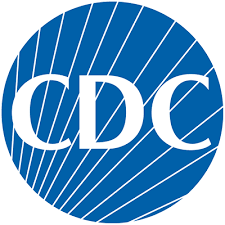
U.S. Centers for Disease Control and Prevention
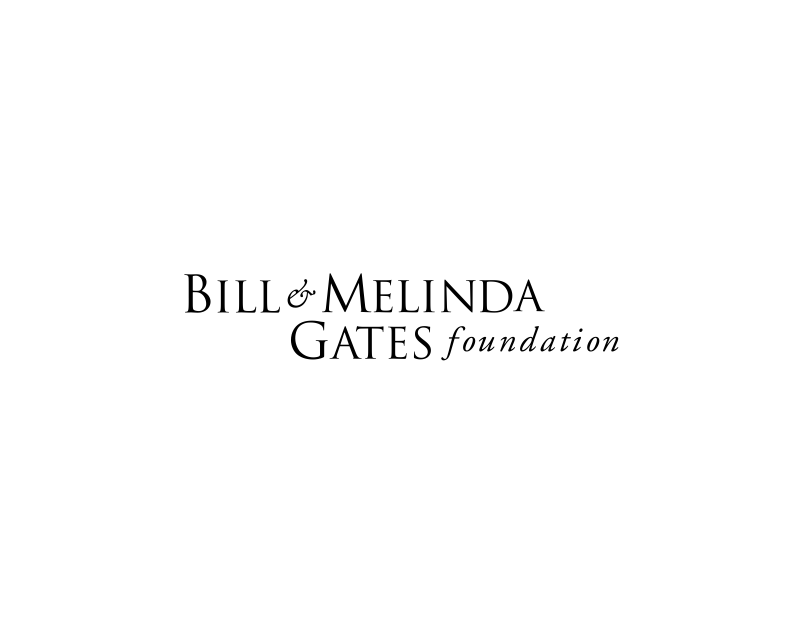
Bill & Melinda Gates Foundation
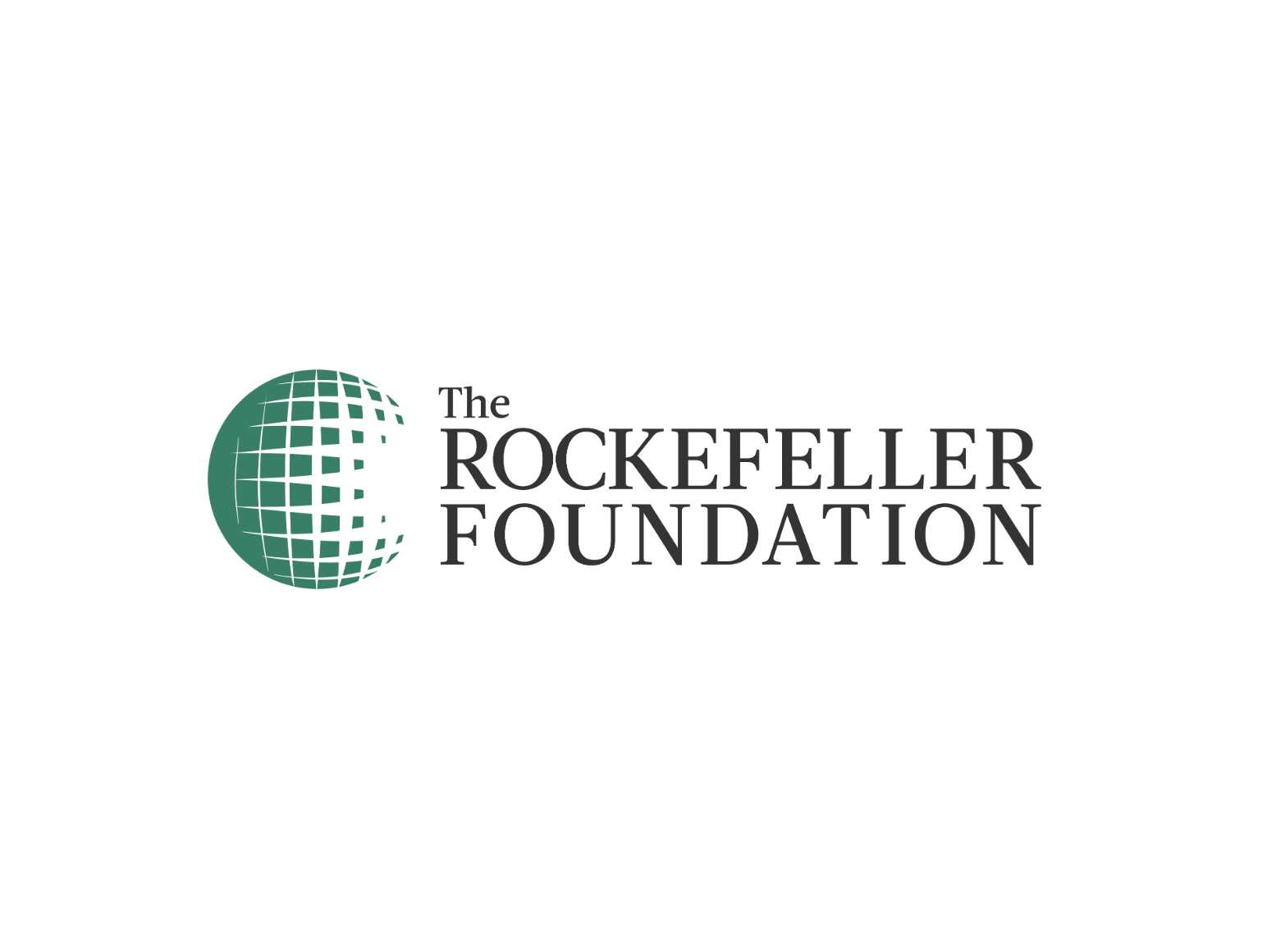
Rockefeller Foundation (historical)
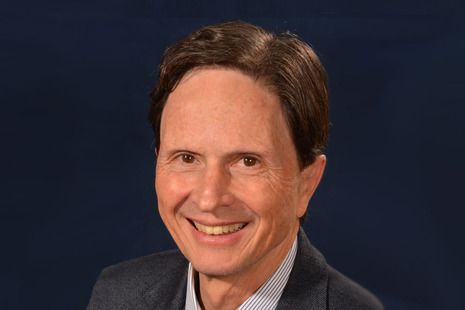
Dr. David Heymann (historical)
Global health partners
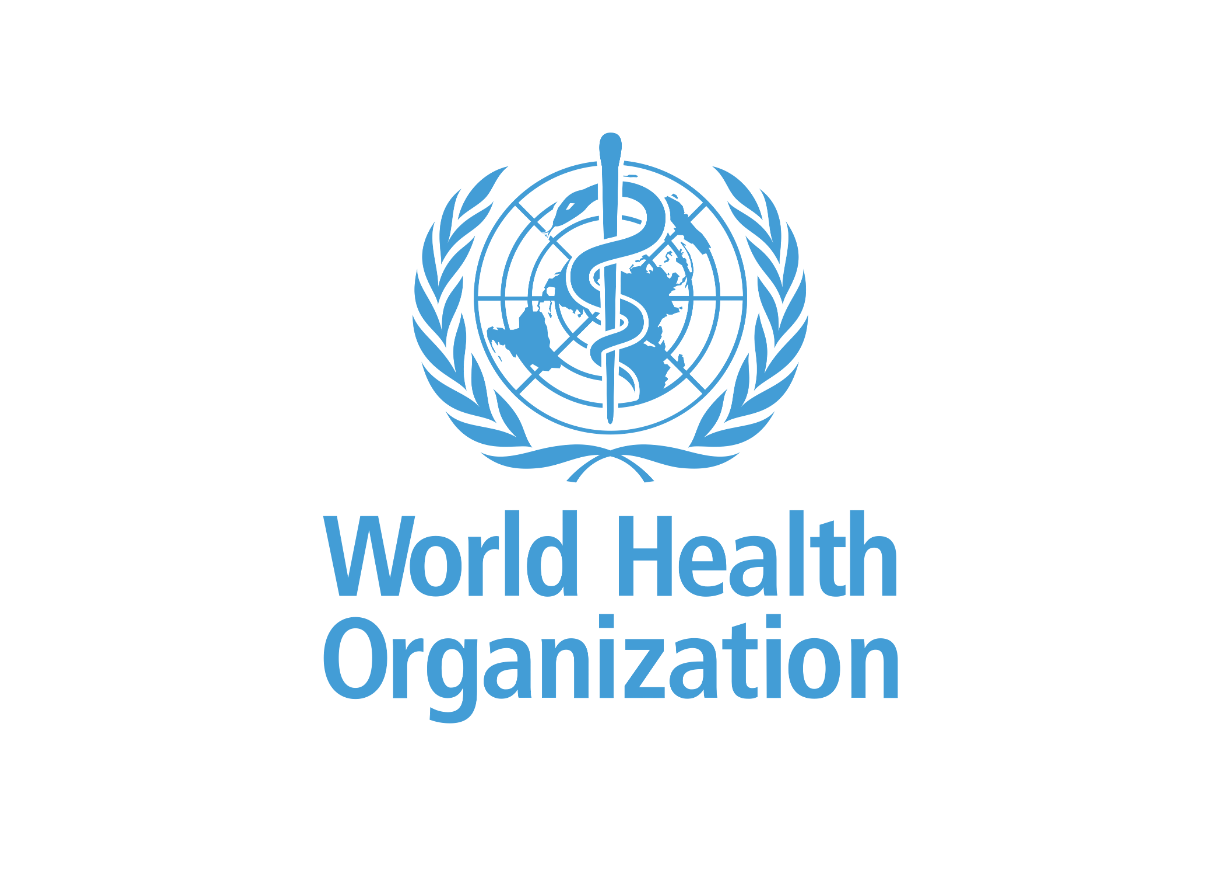
World Health Organization
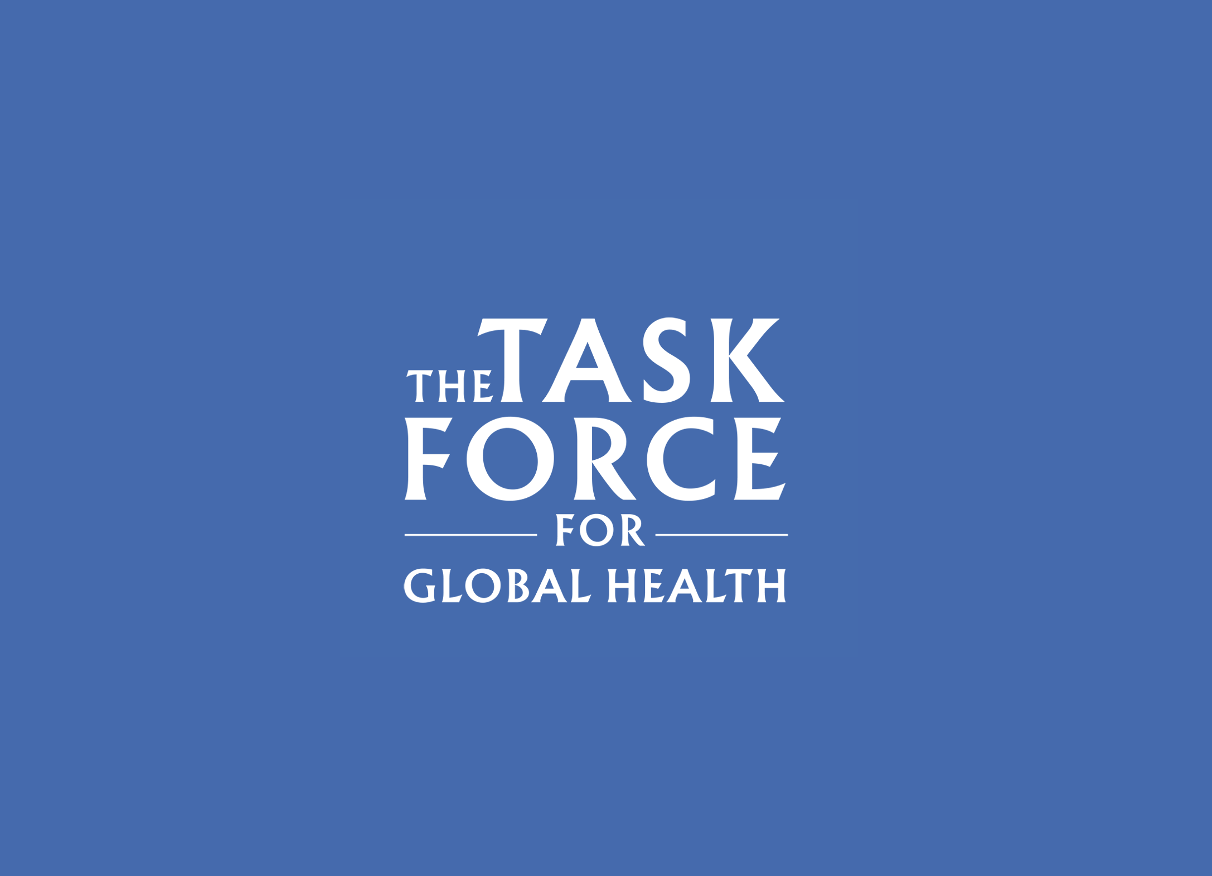
Task Force for Global Health
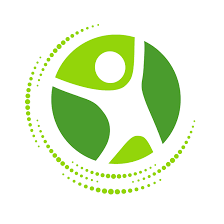
CHAMPS (Child Health and Mortality Prevention Surveillance)
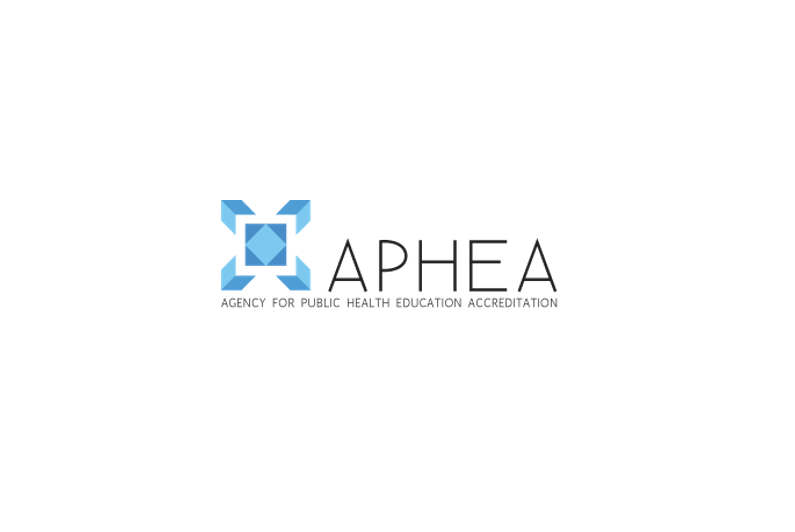
Agency for Public Health Education Accreditation
Regional health partners
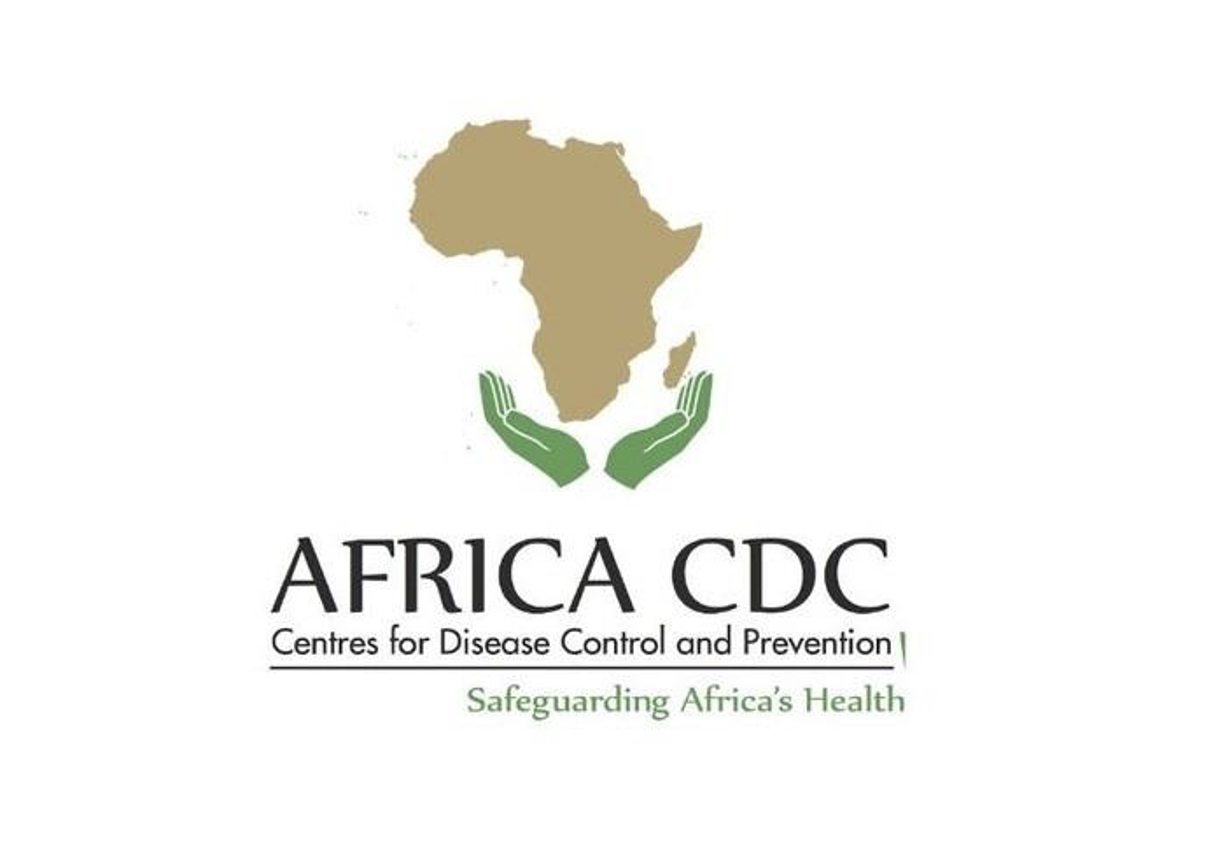
Africa Centre for Disease Control and Prevention
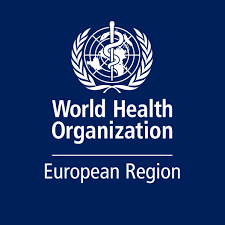
WHO Regional Office for Europe
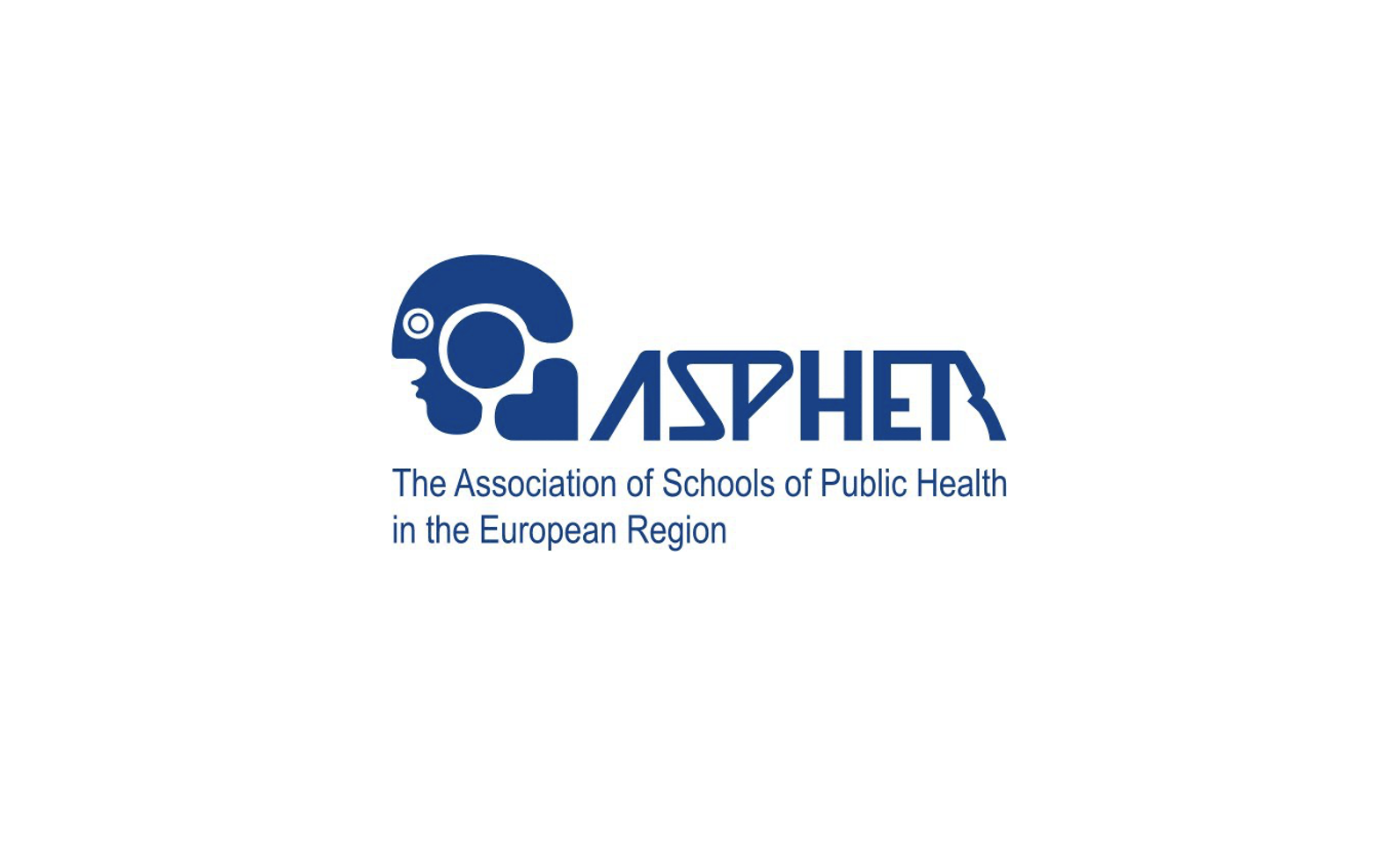
Association of Schools of Public Health in the European Region
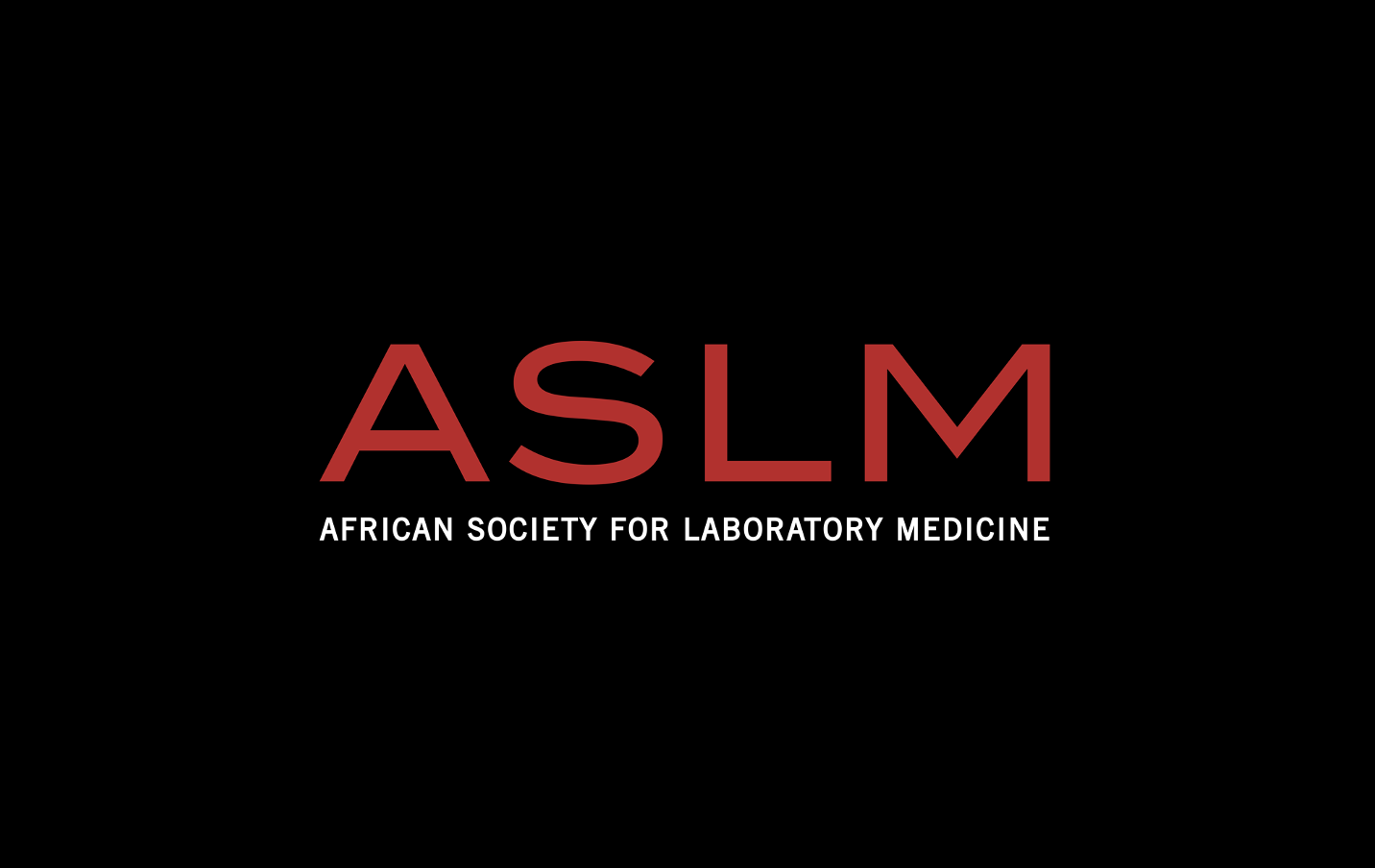
African Society for Laboratory Medicine
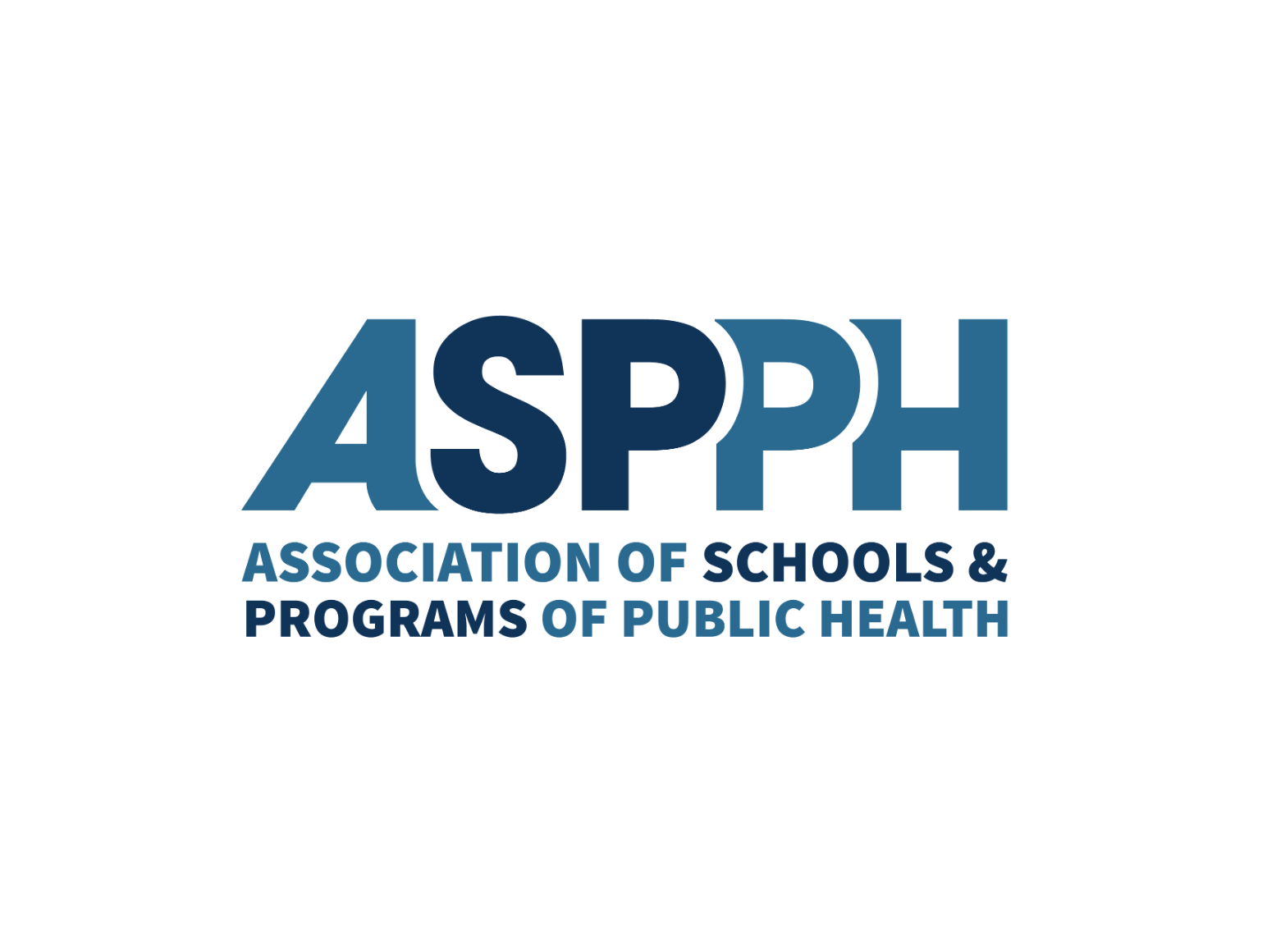
Association of Schools and Programs of Public Health
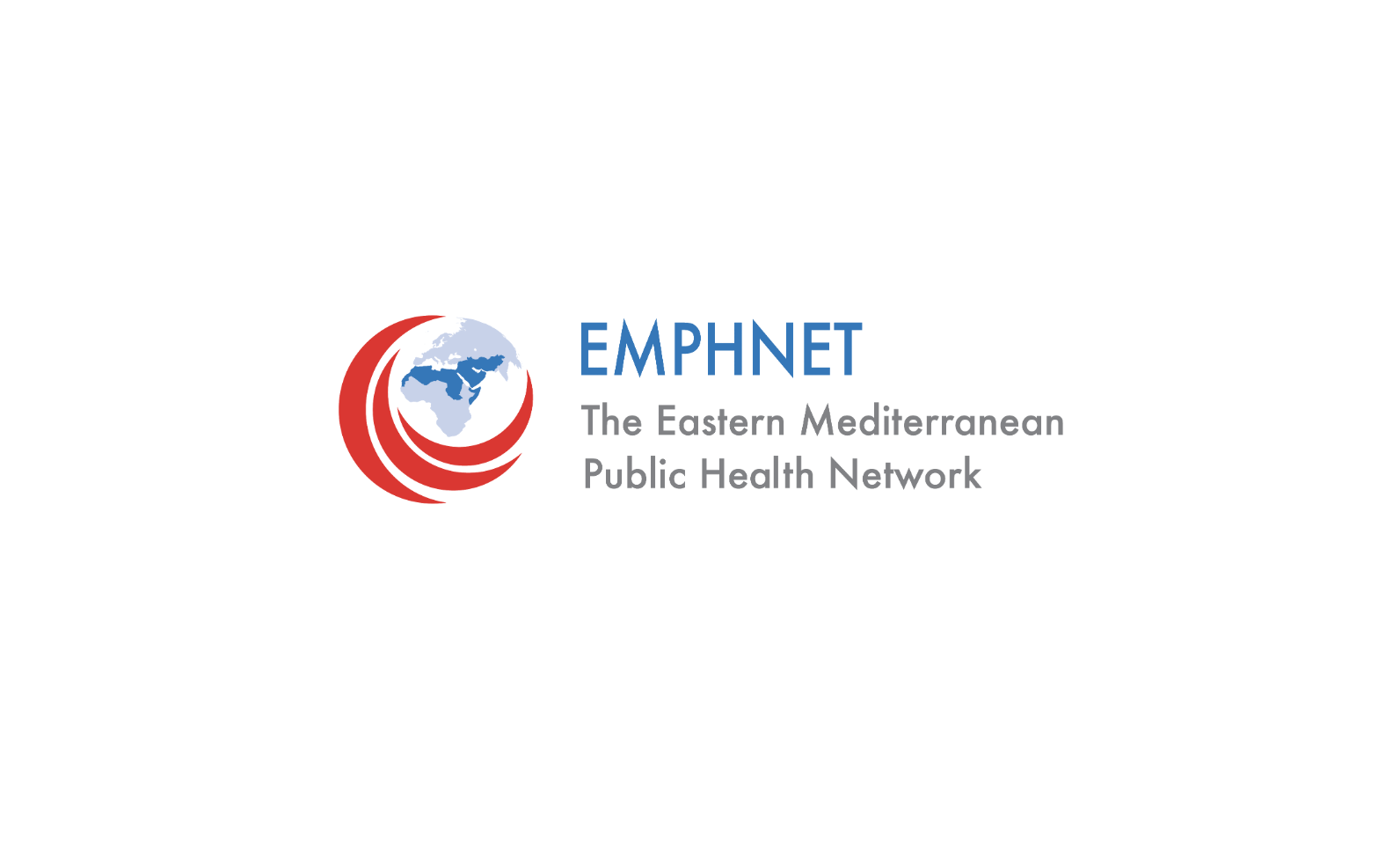
Eastern Mediterranean Public Health Network
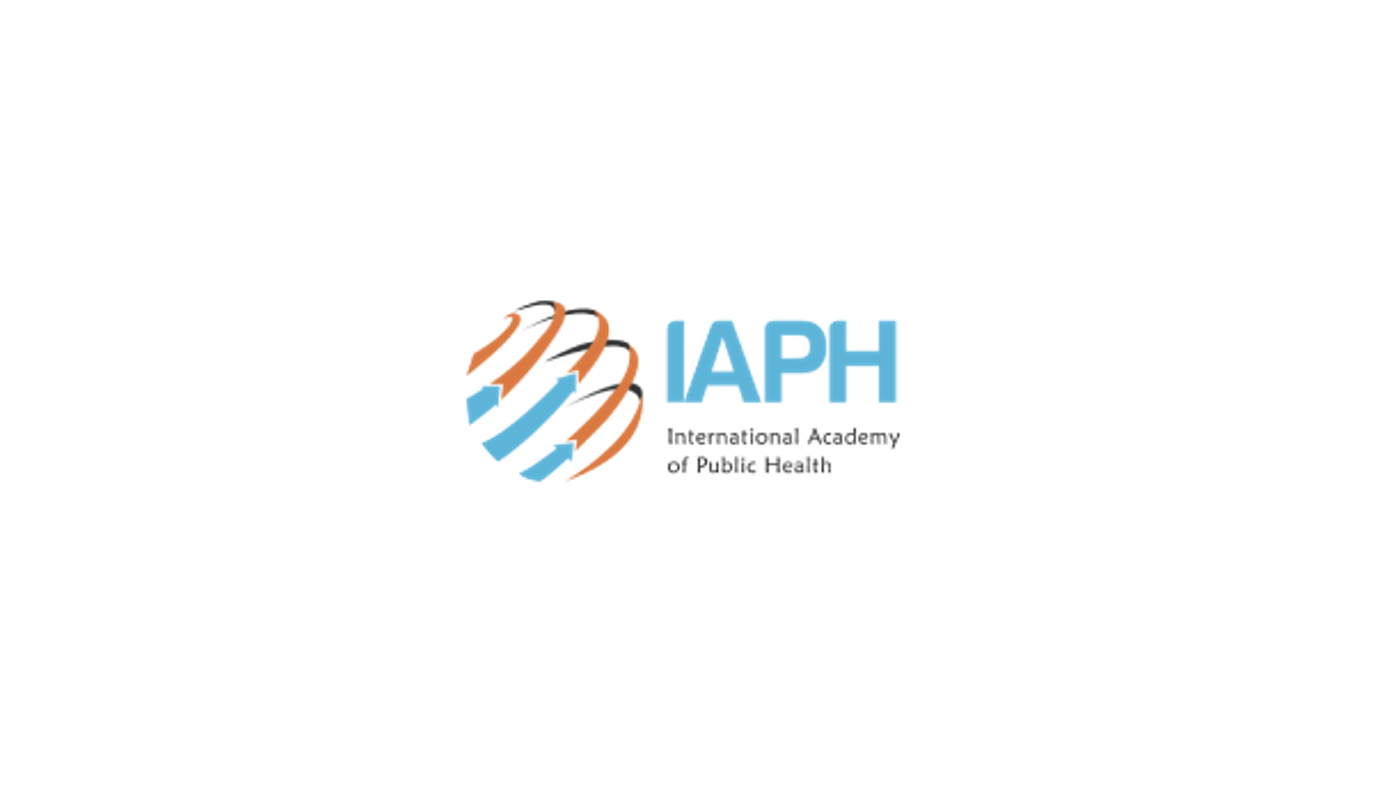
International Academy of Public Health
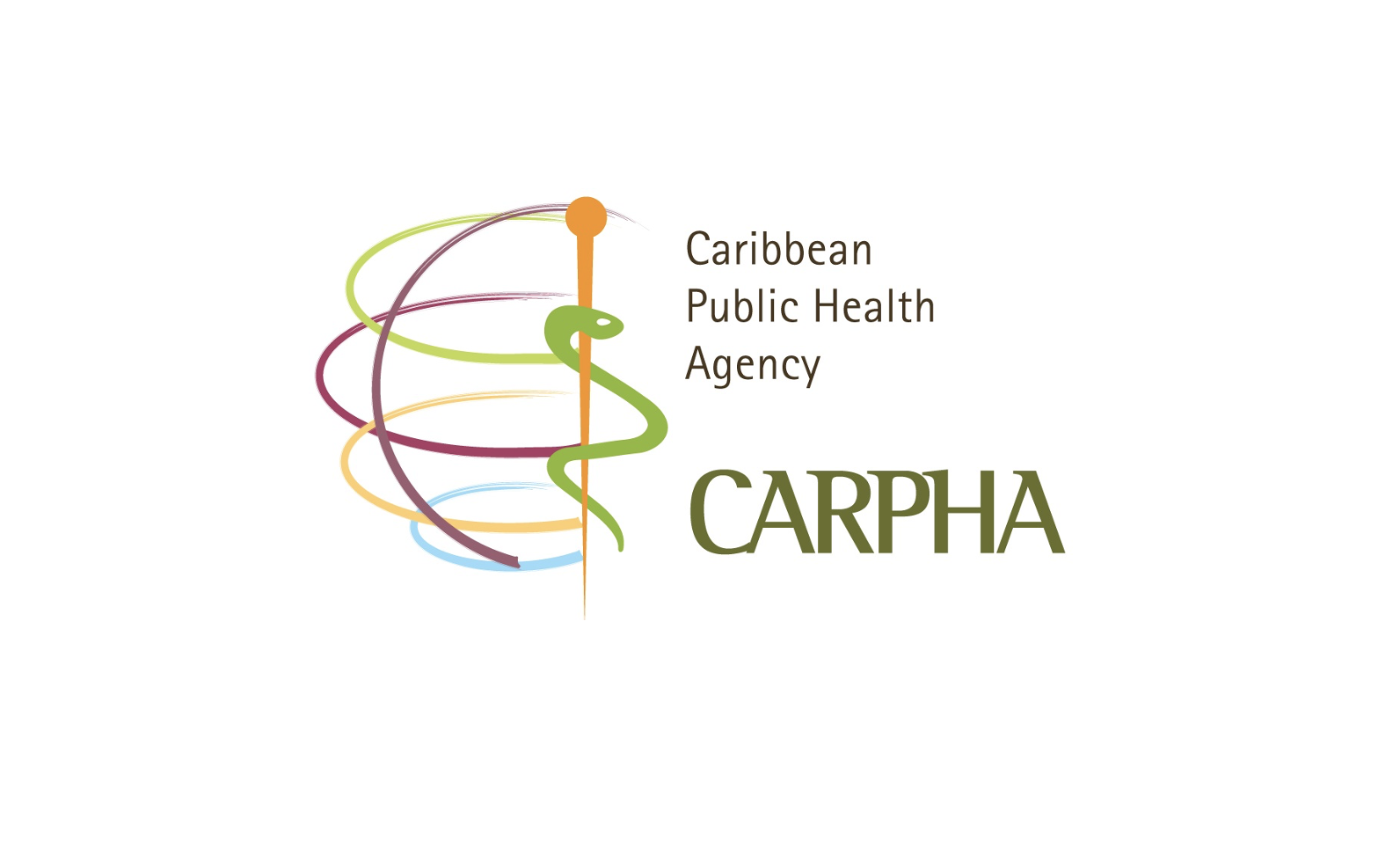
Caribbean Public Health Agency
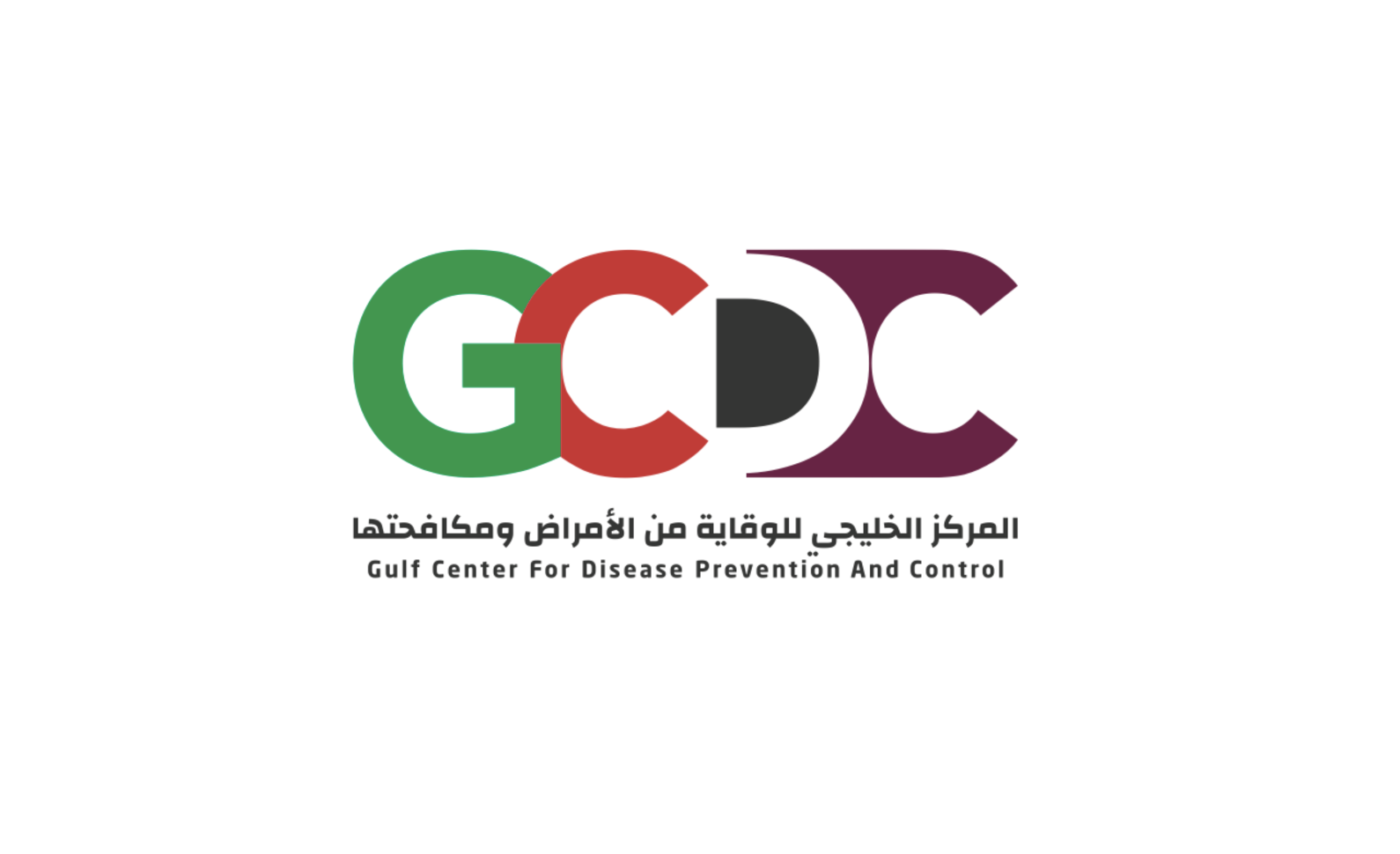
Gulf Centre for Disease Control and Prevention



Private-sector partners

HDR’s Design4Others (providing architectural expertise to NPHI projects)
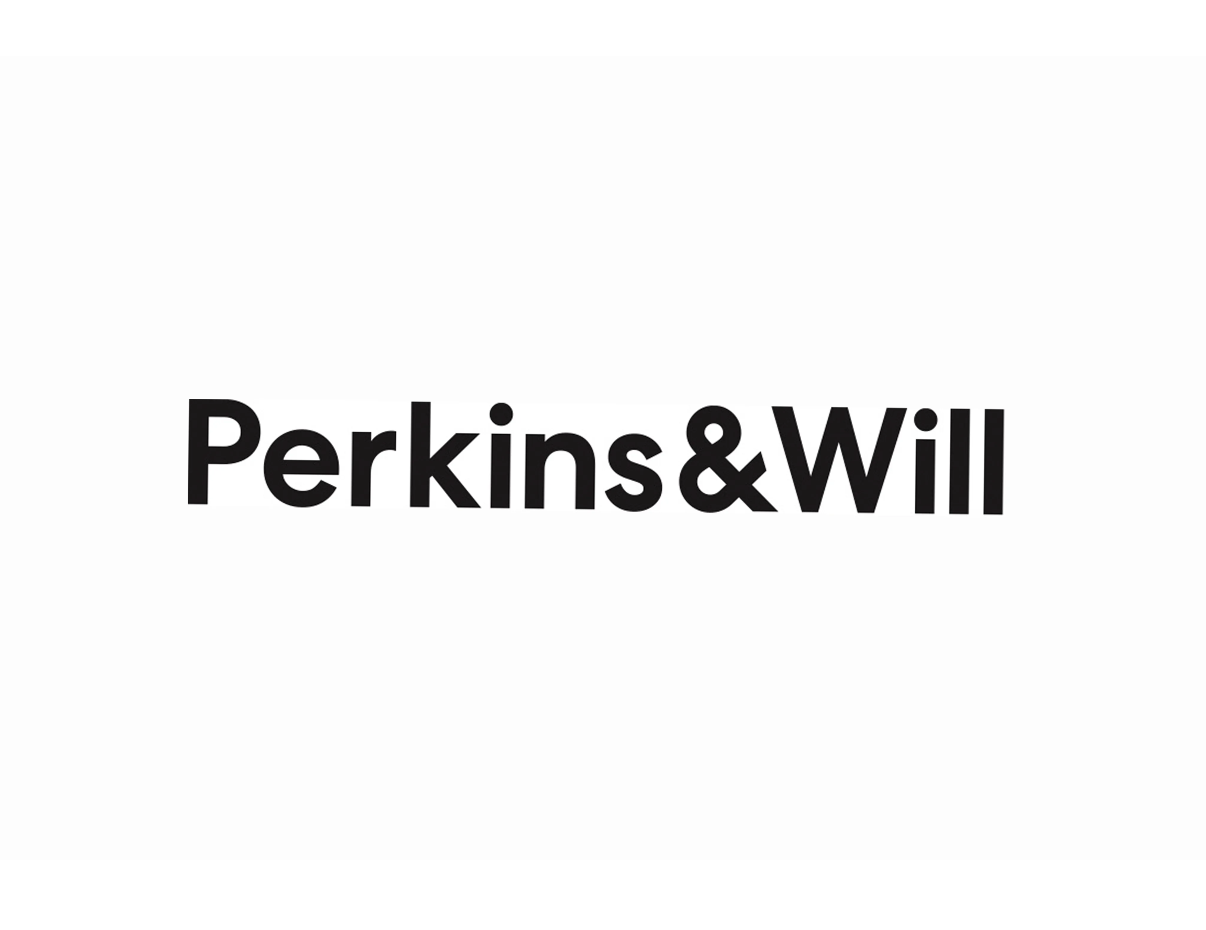
Perkins+Will (providing architectural expertise to NPHI projects)



IANPHI Secretariat at Santé publique France, 12 rue du Val D’Osne, 94415 Saint-Maurice Cedex, France

IANPHI U.S. Office at Emory Global Health Institute, 1599 Clifton Road Atlanta, GA 30322, USA


